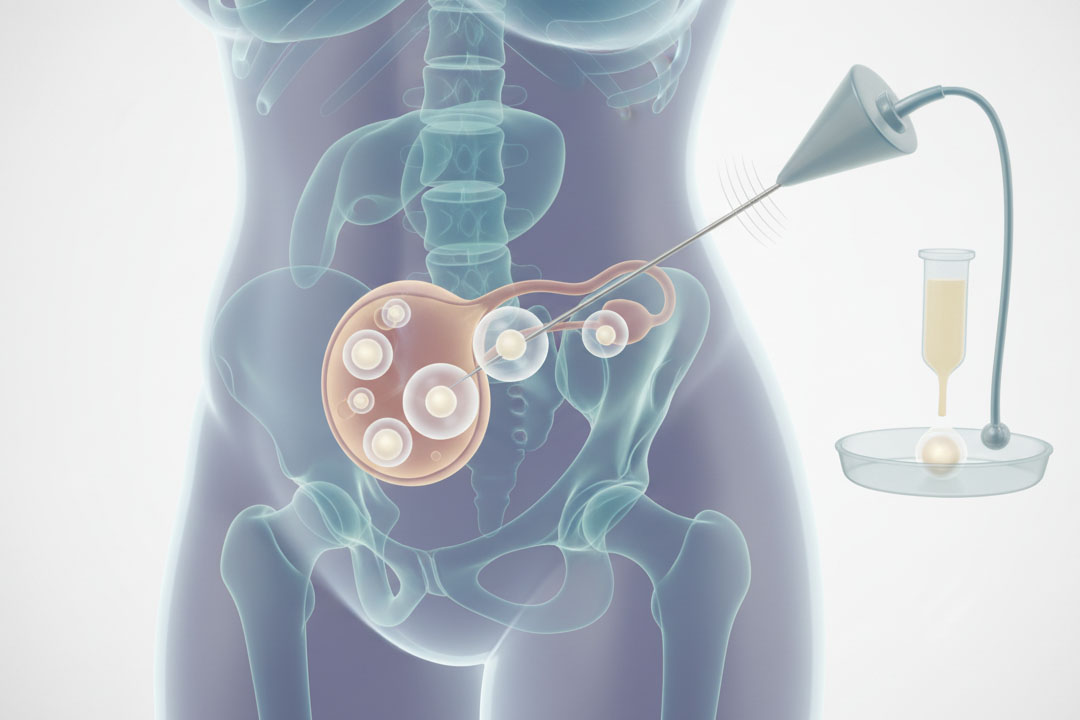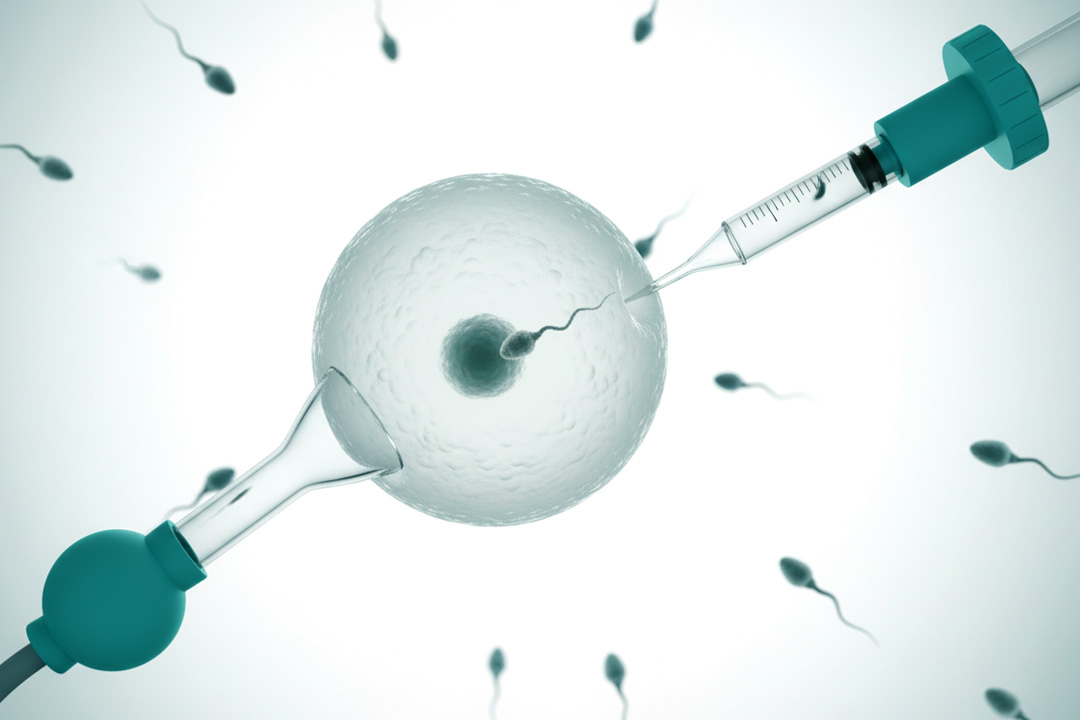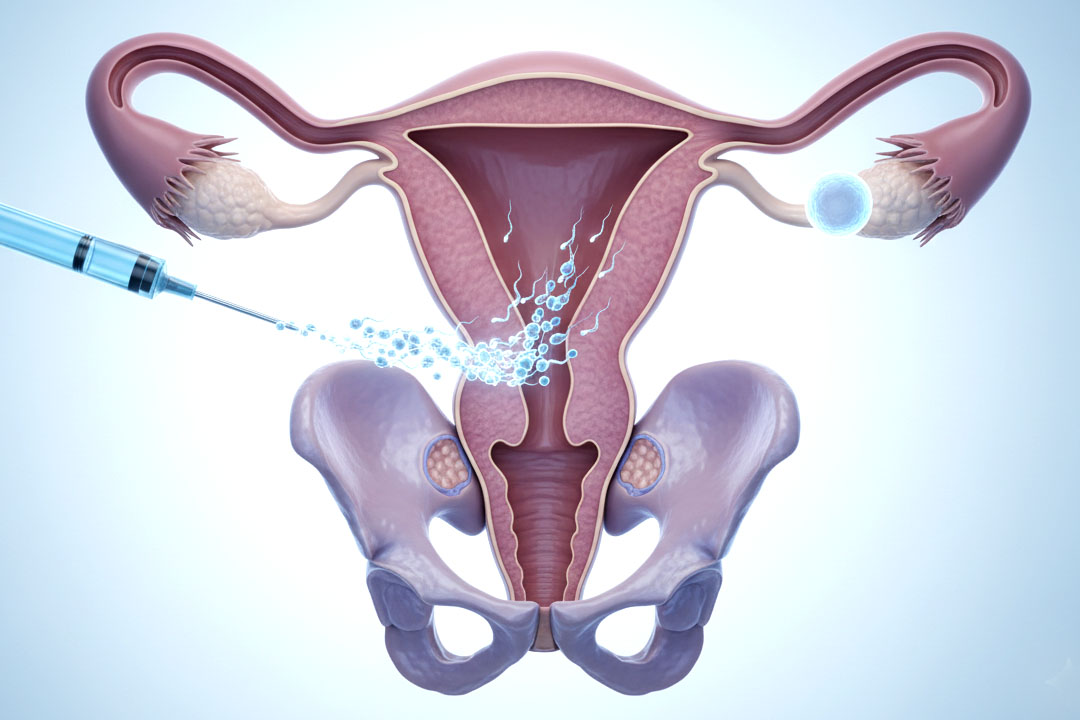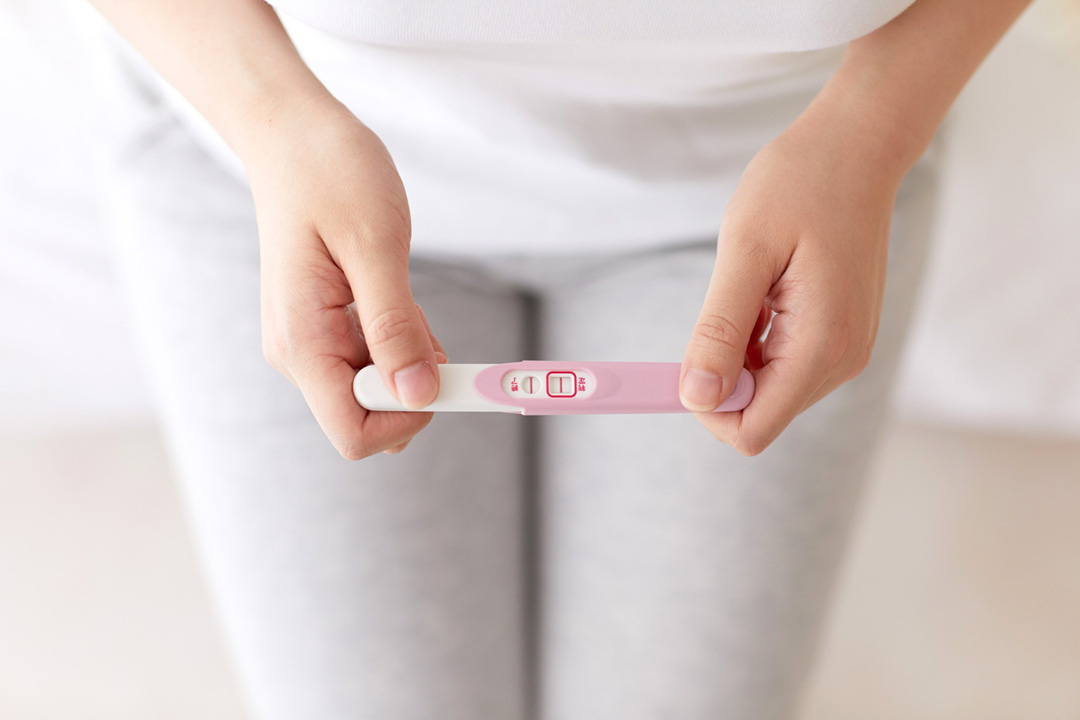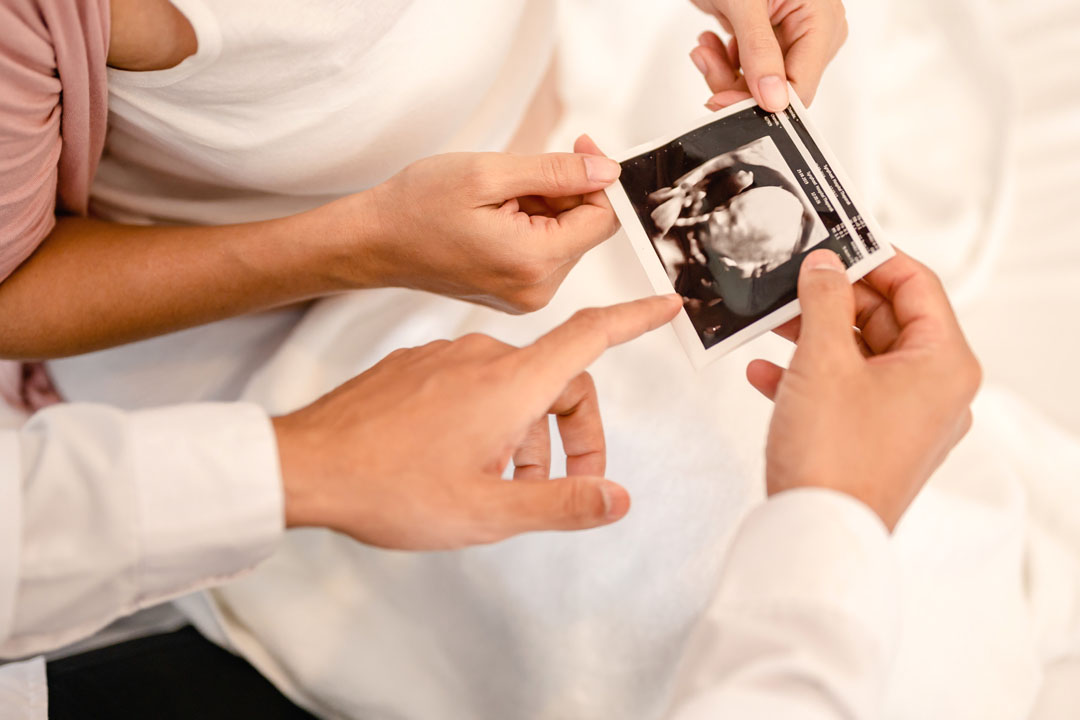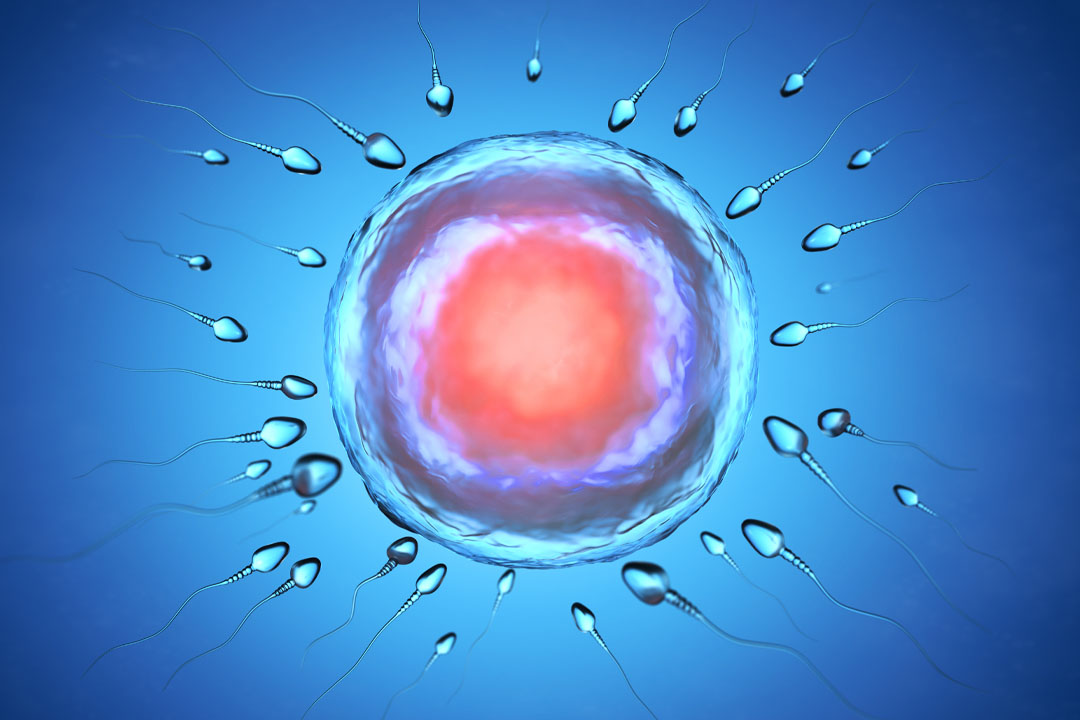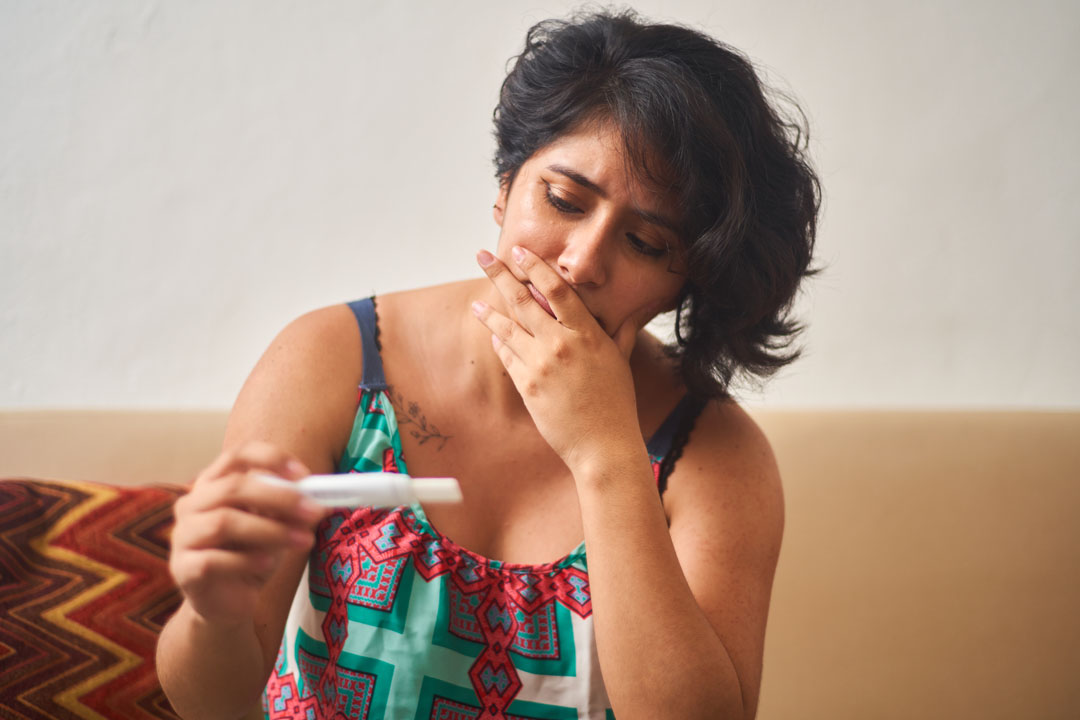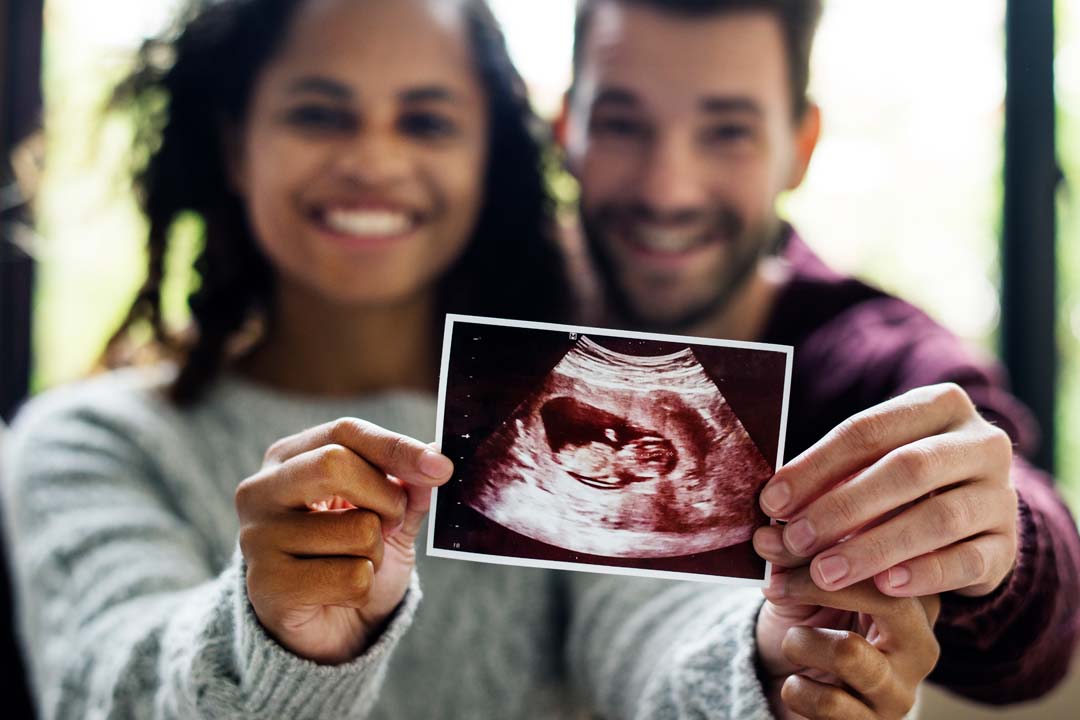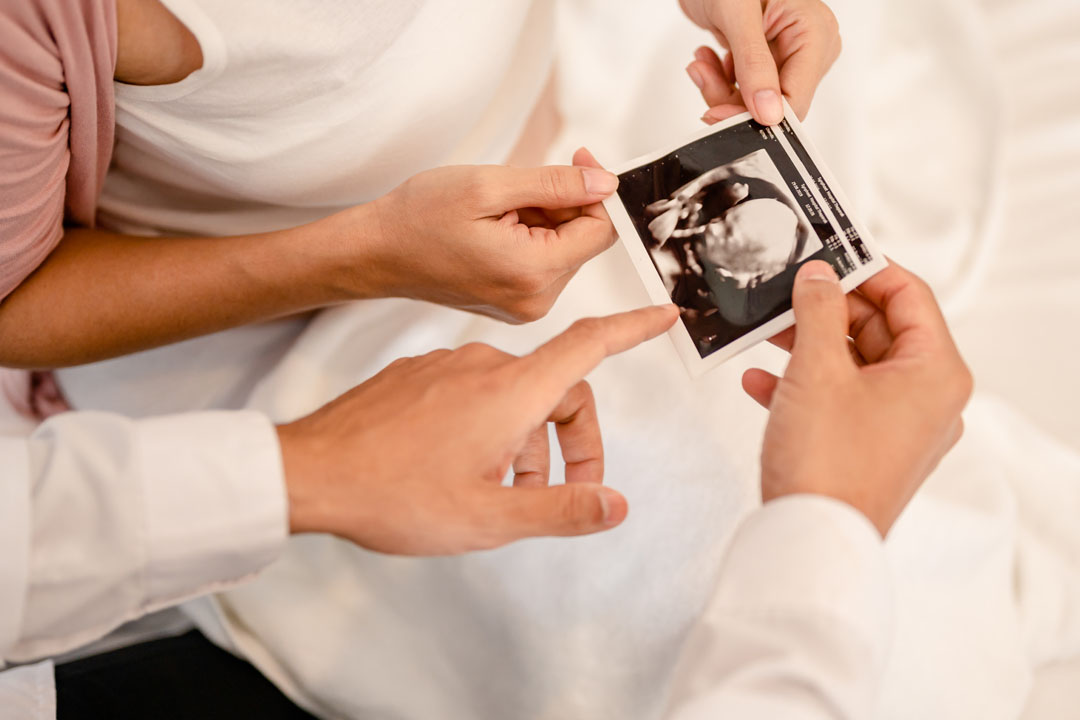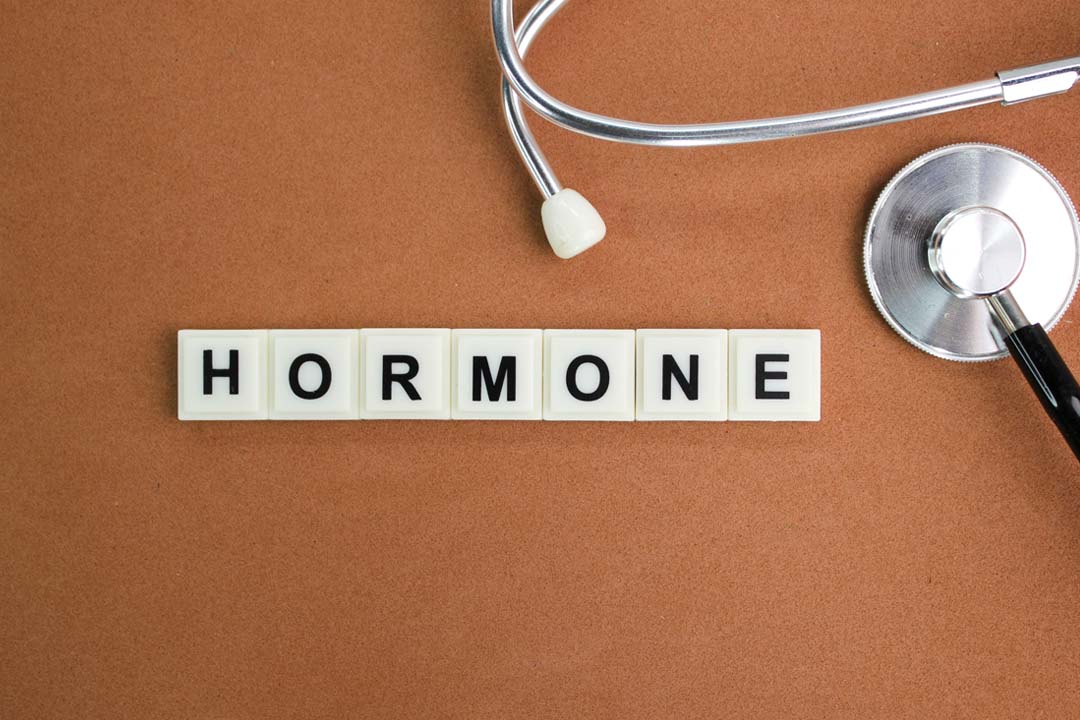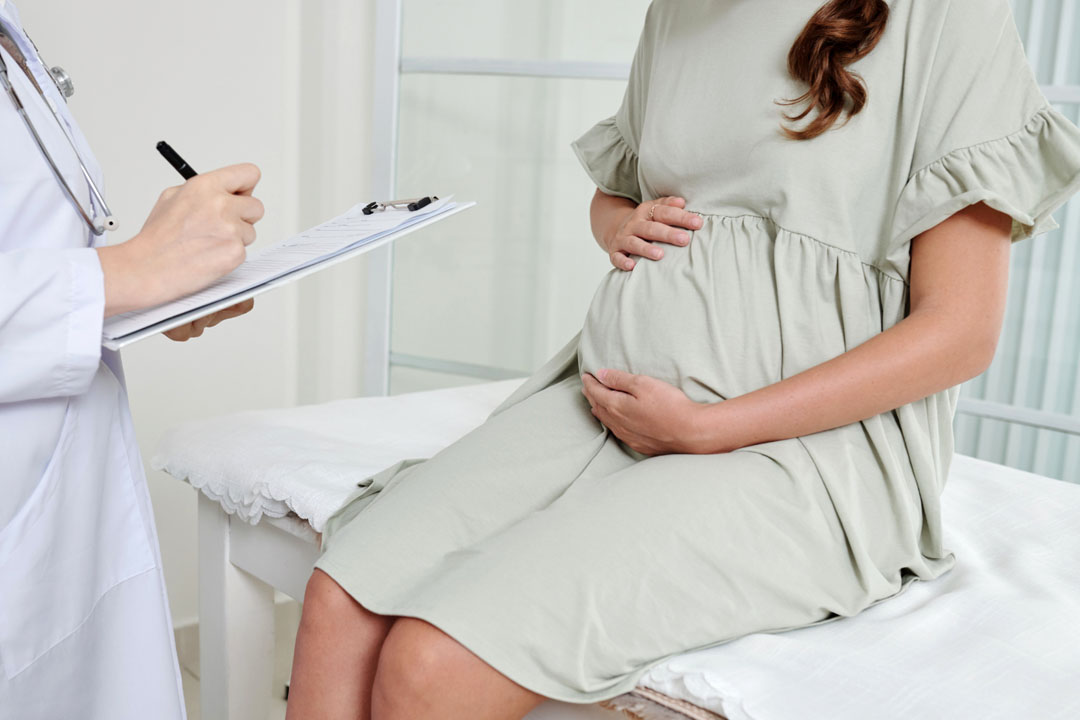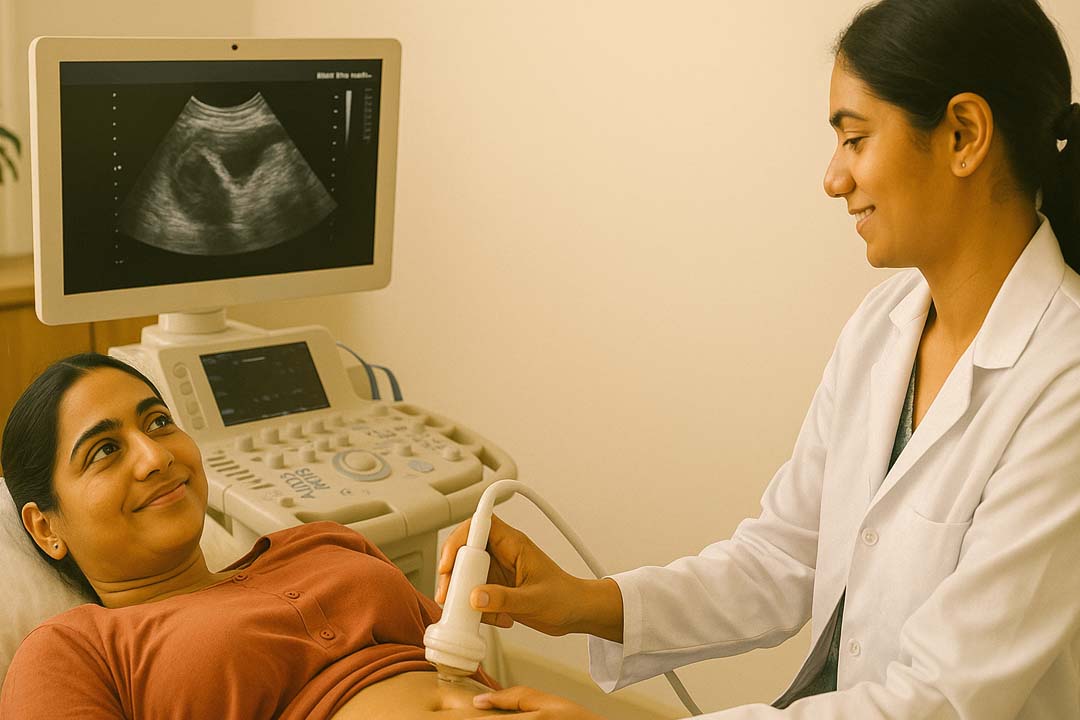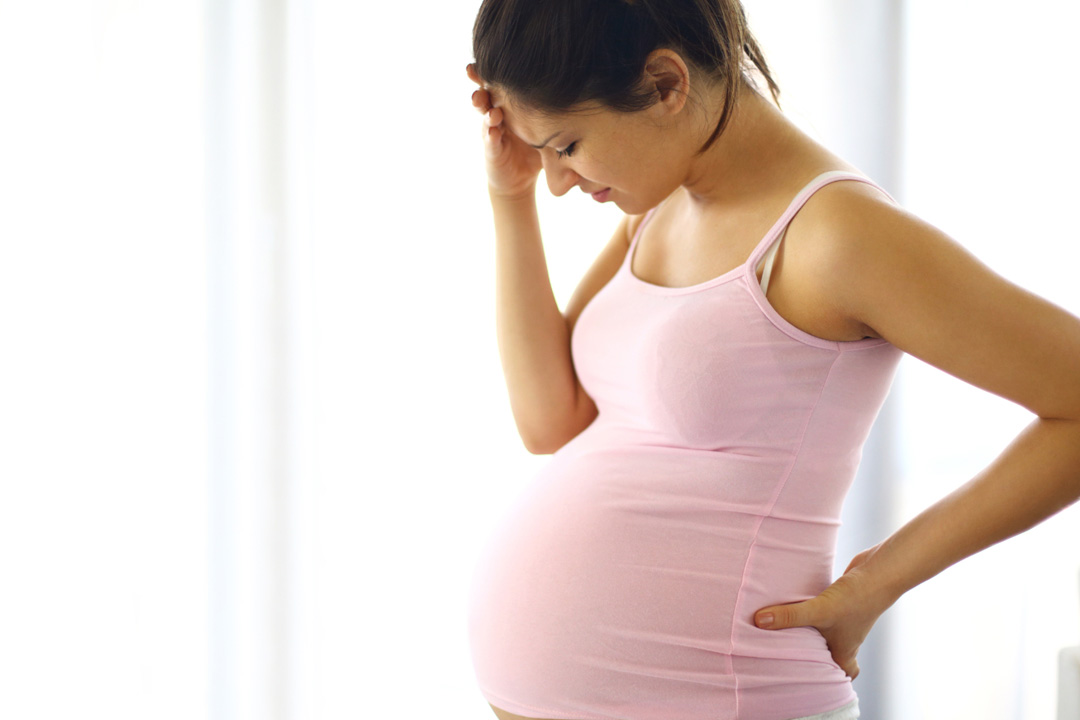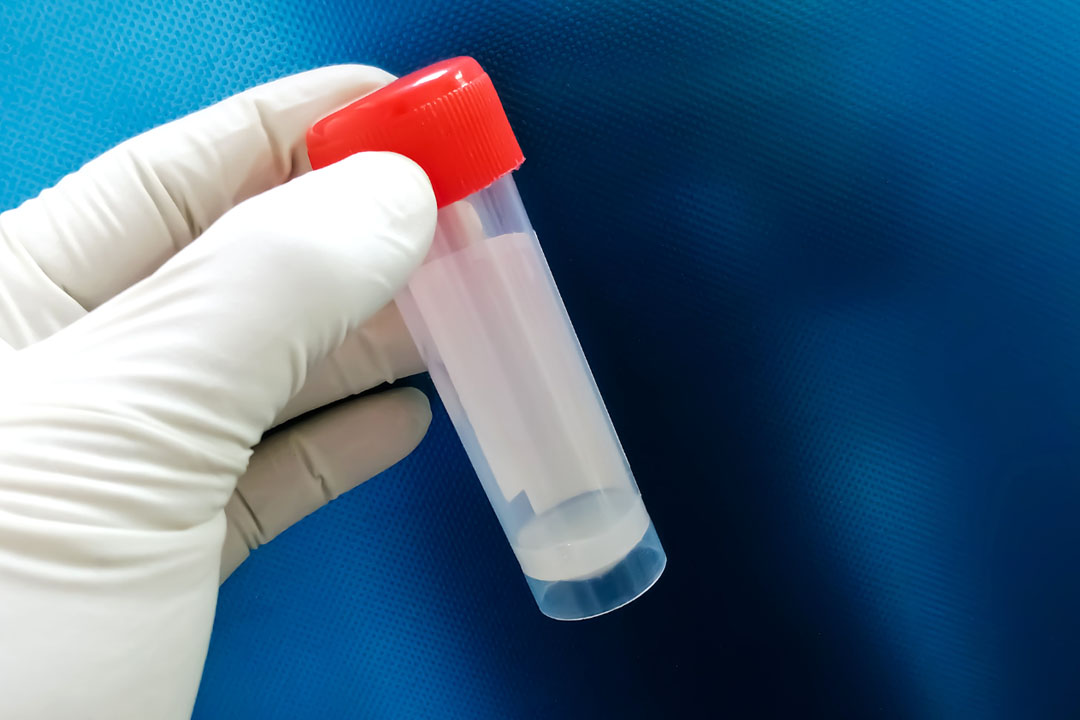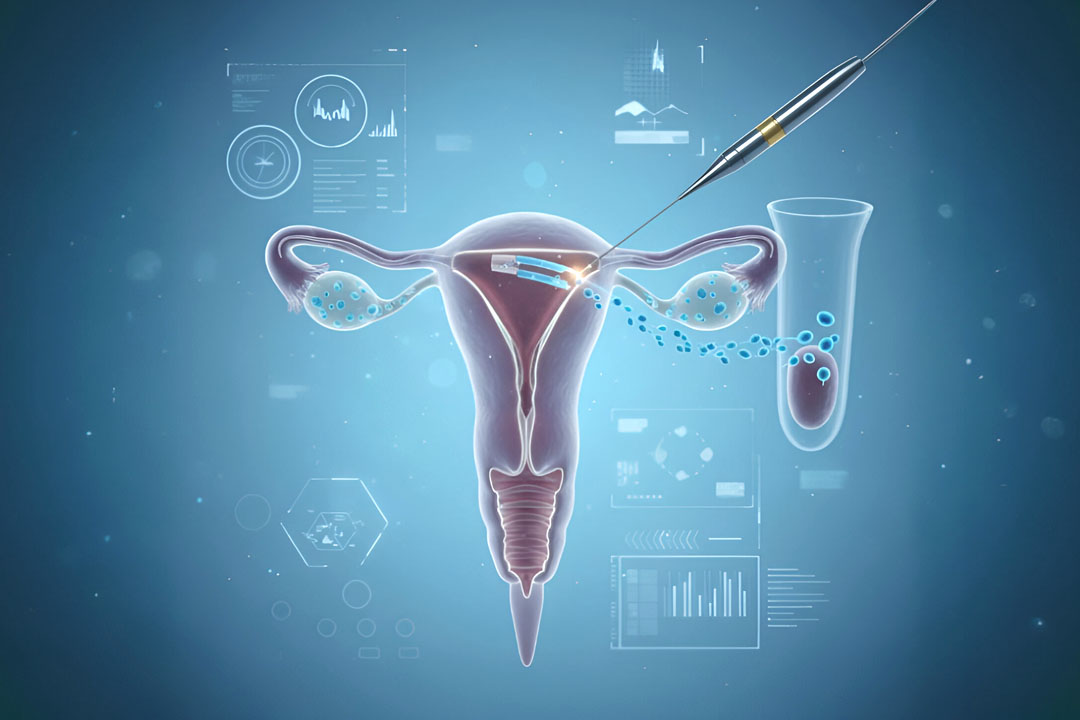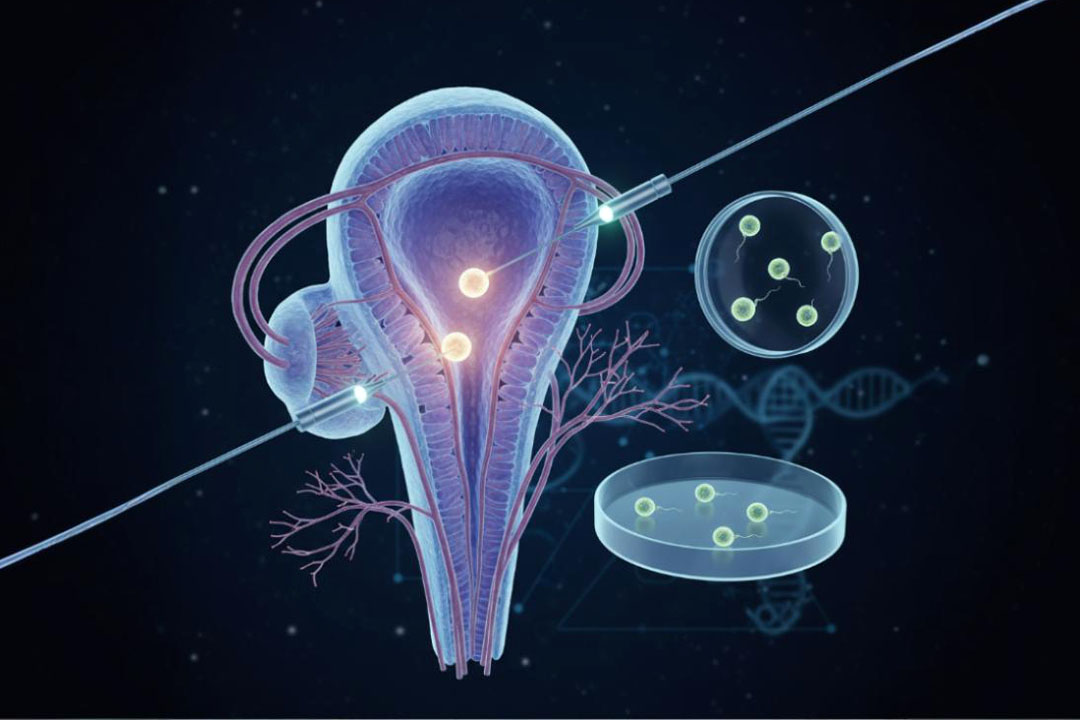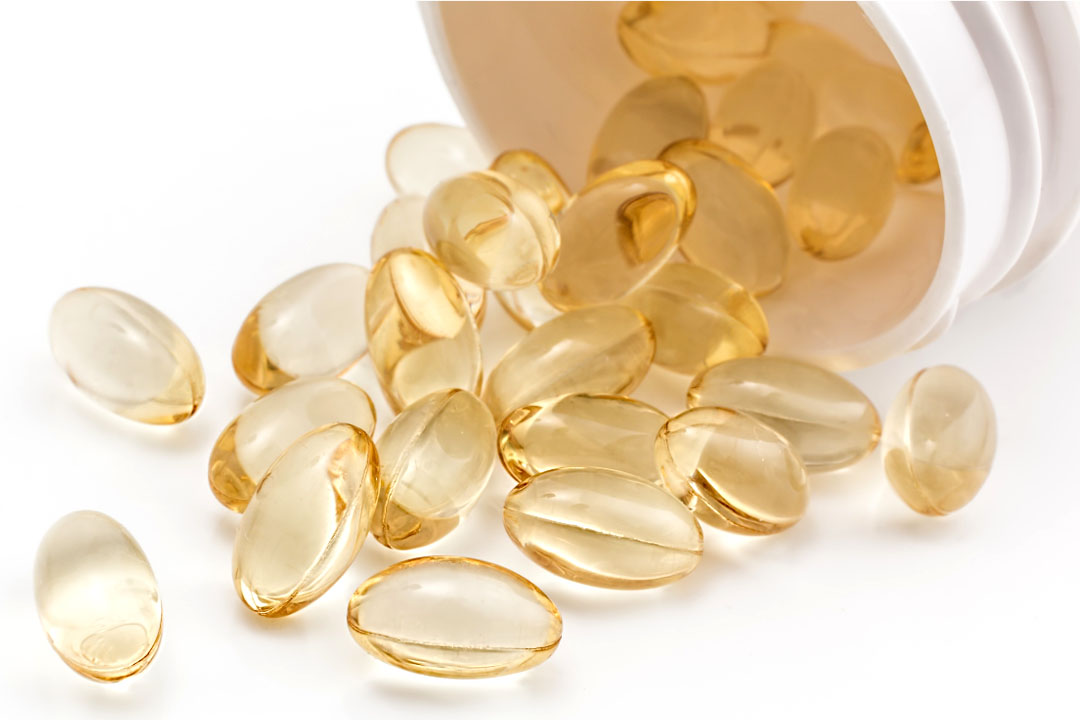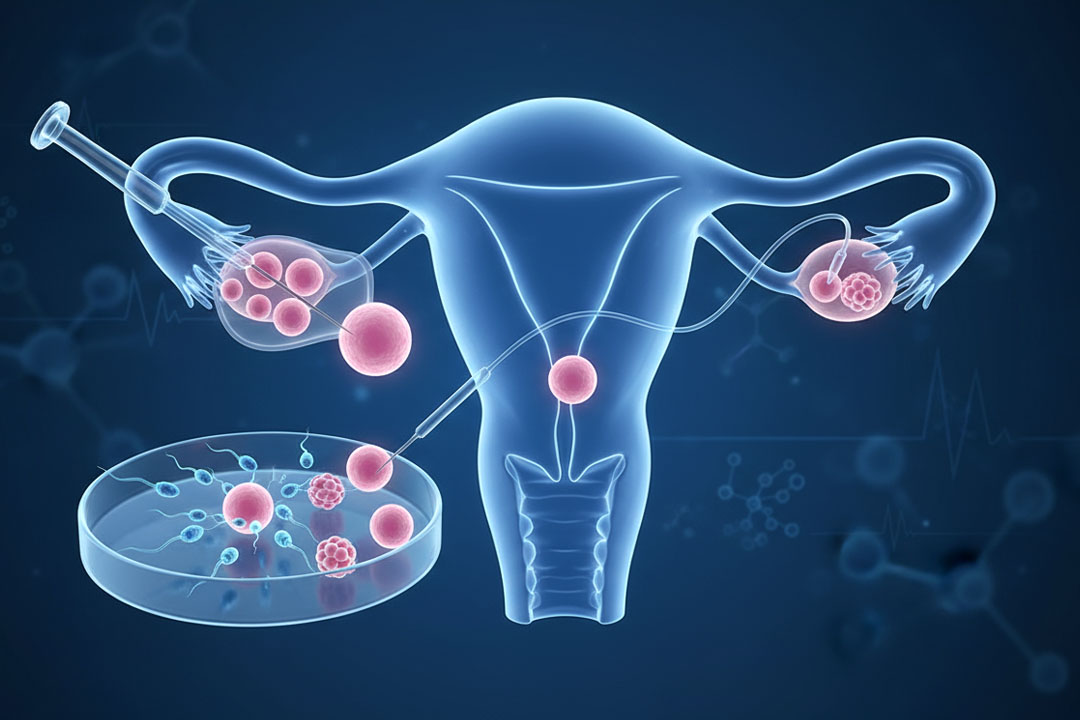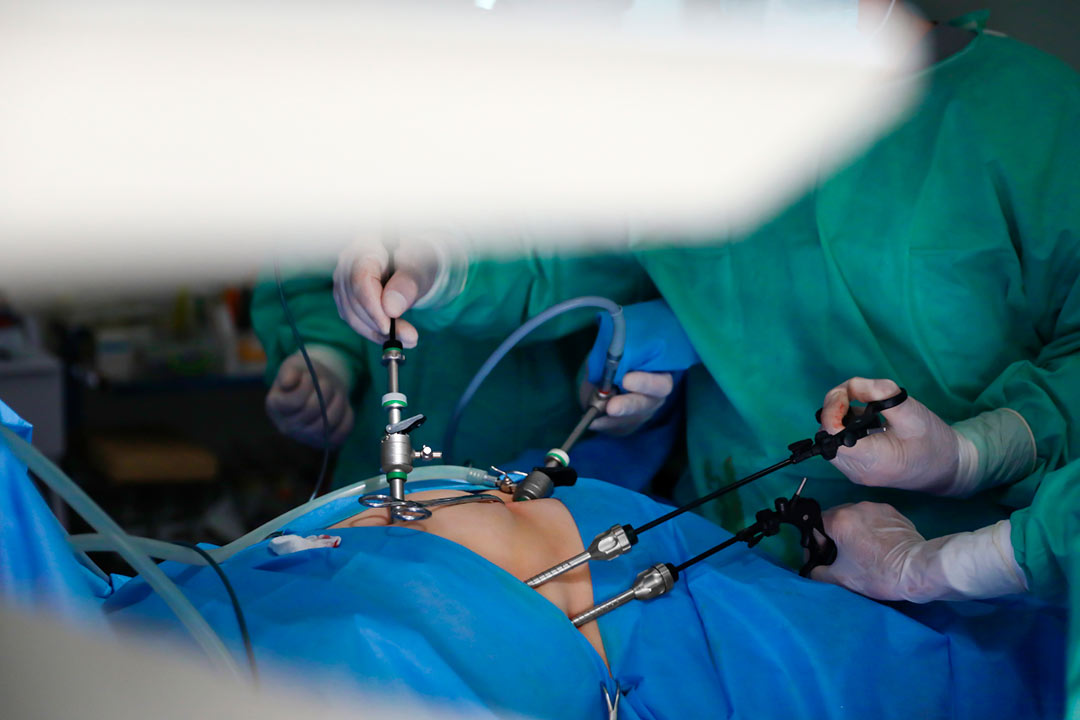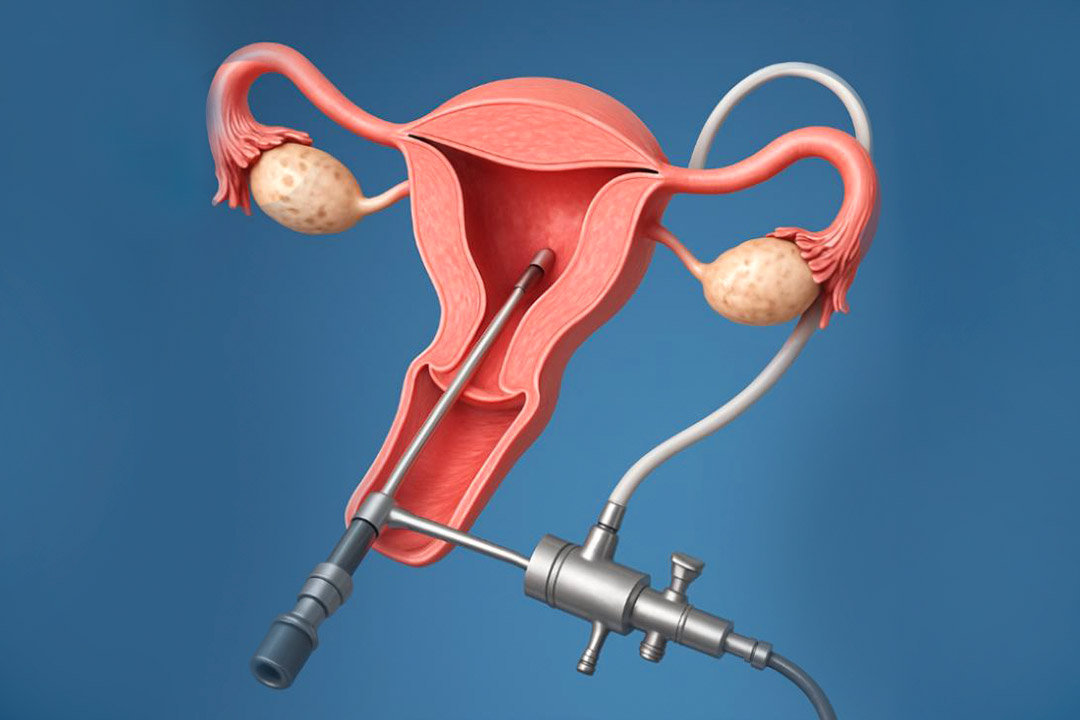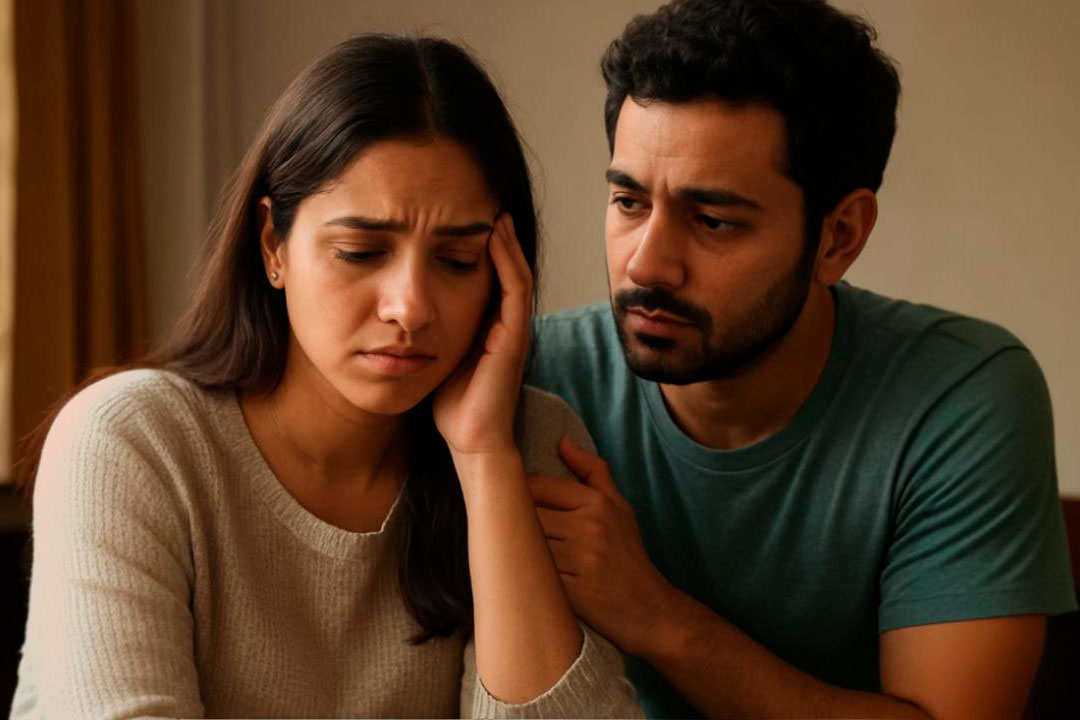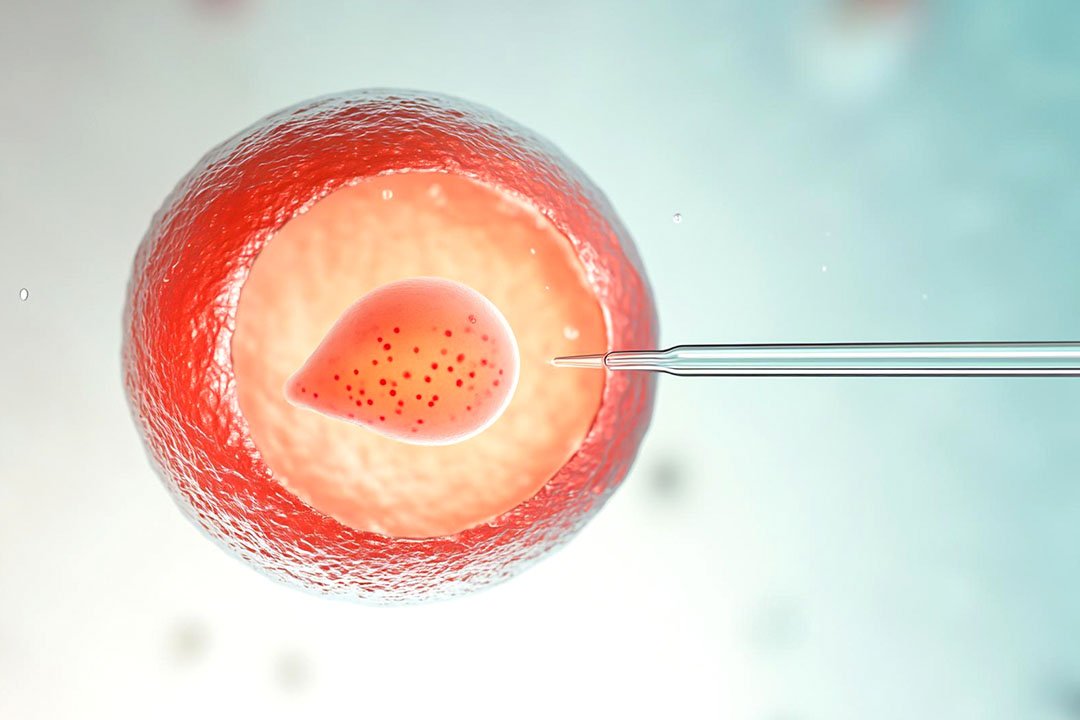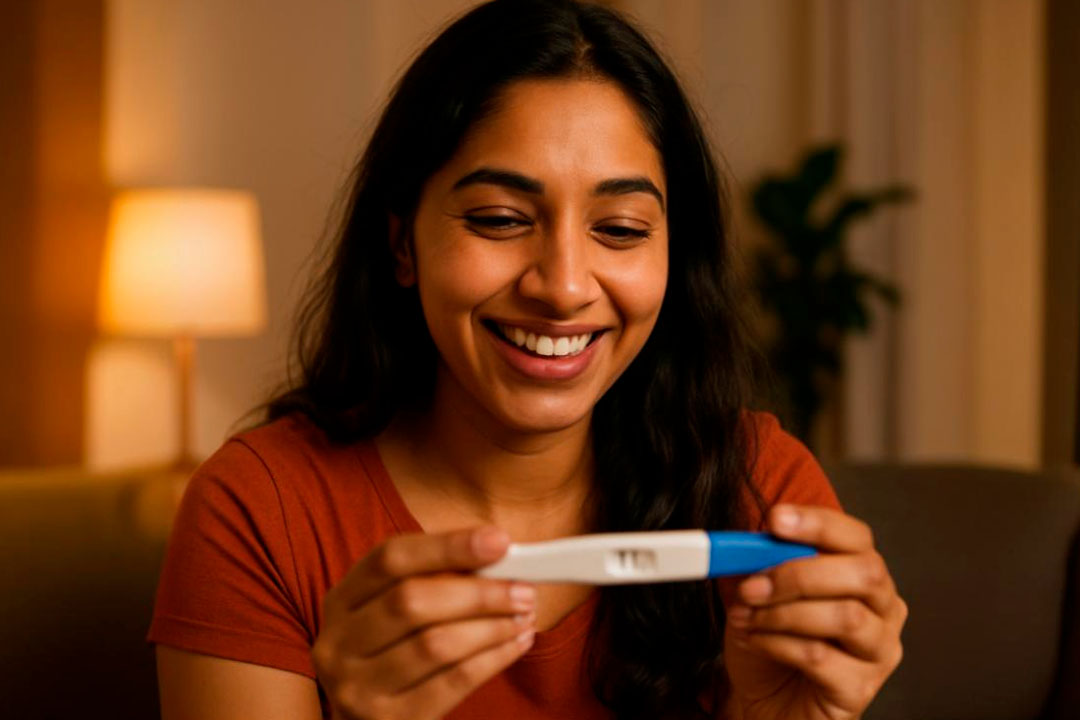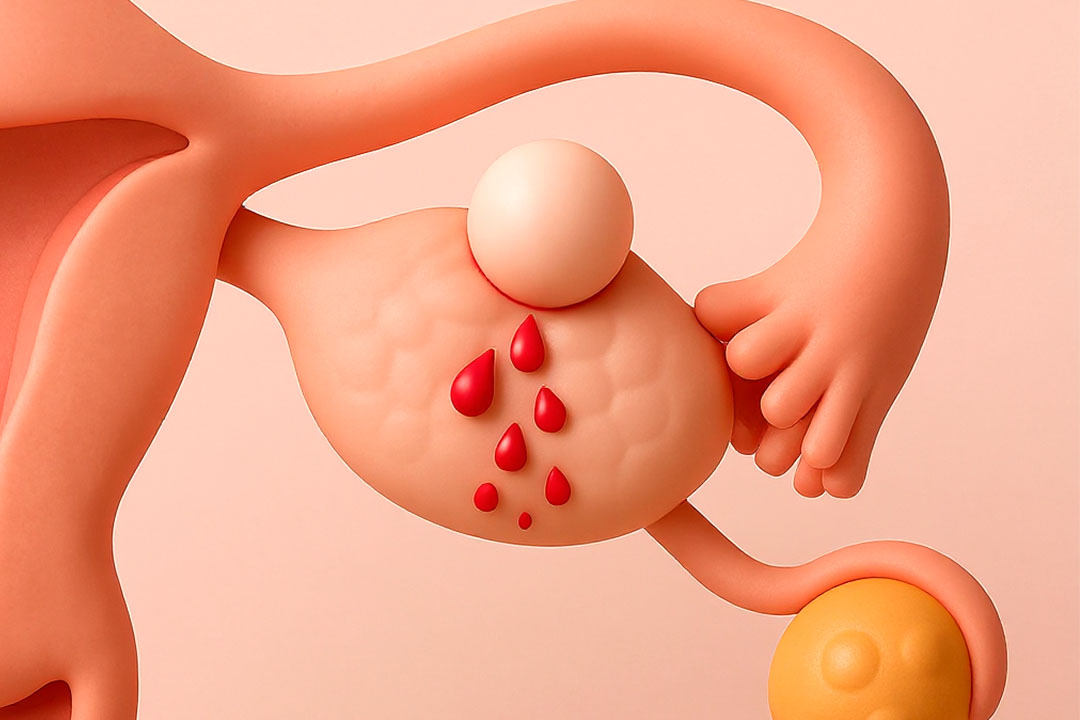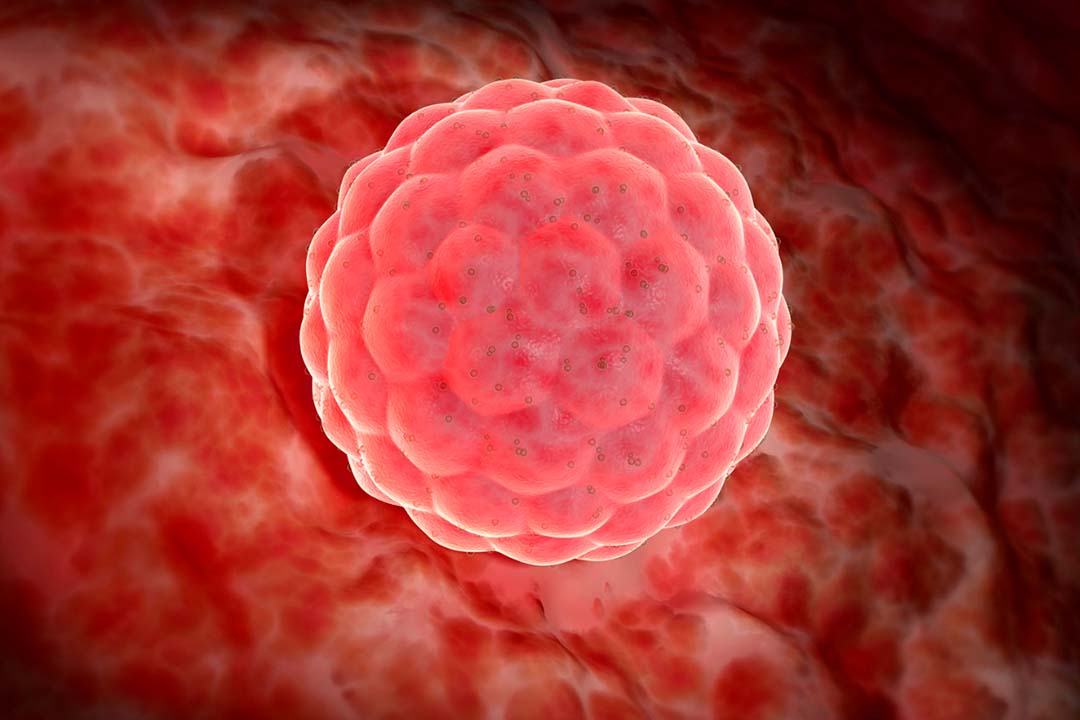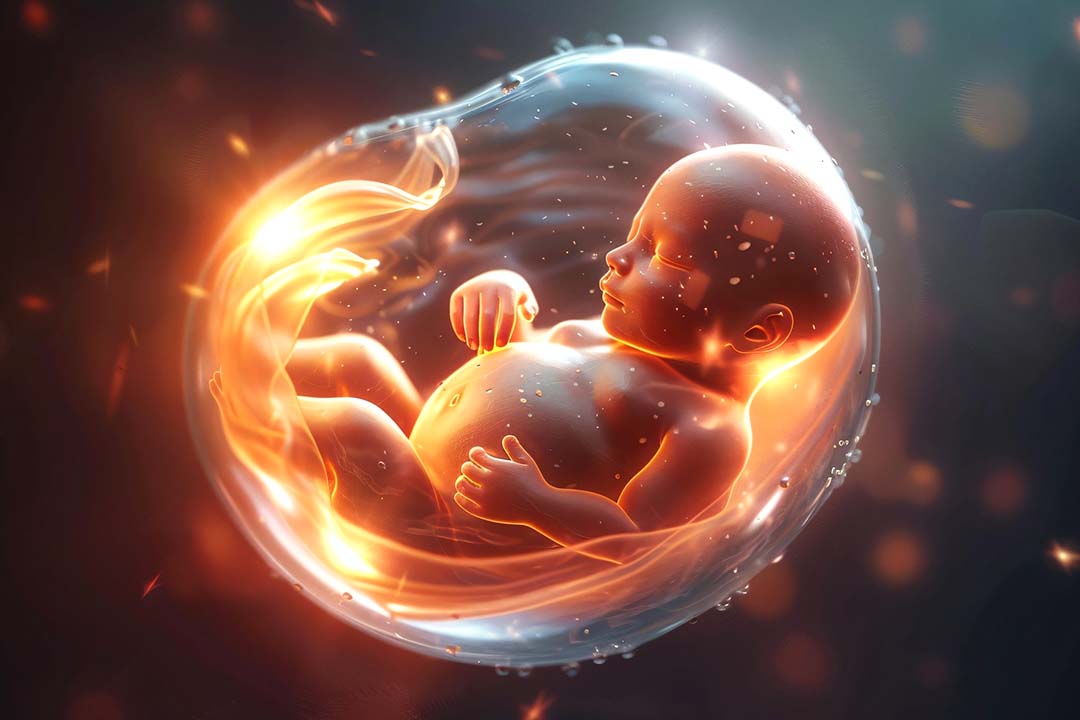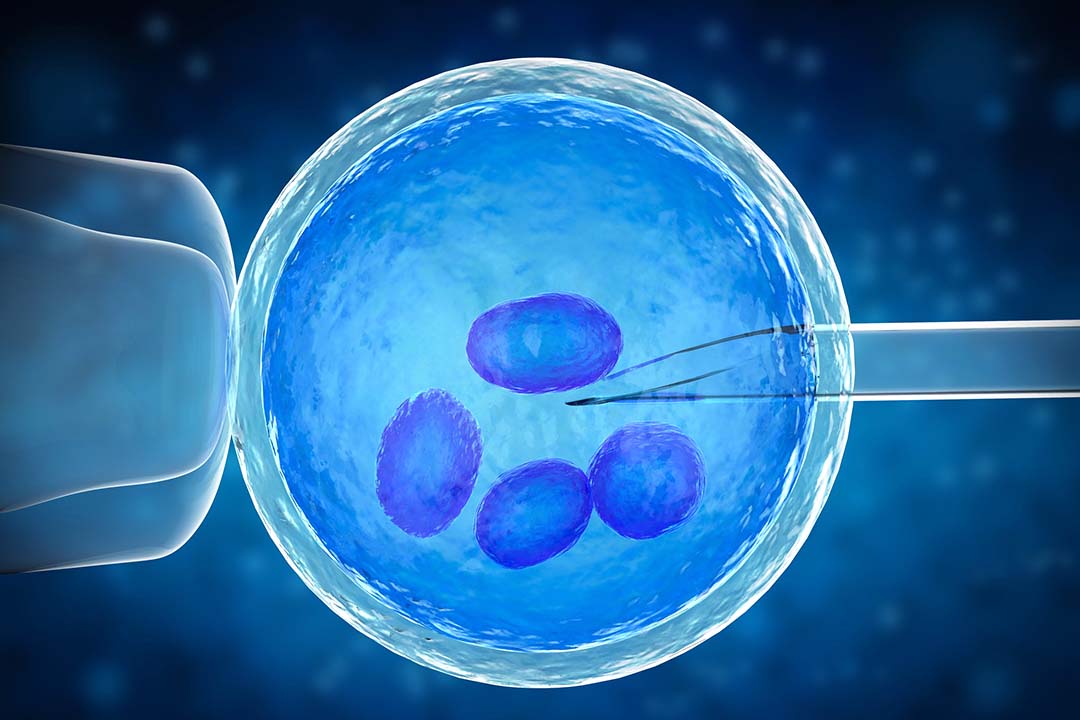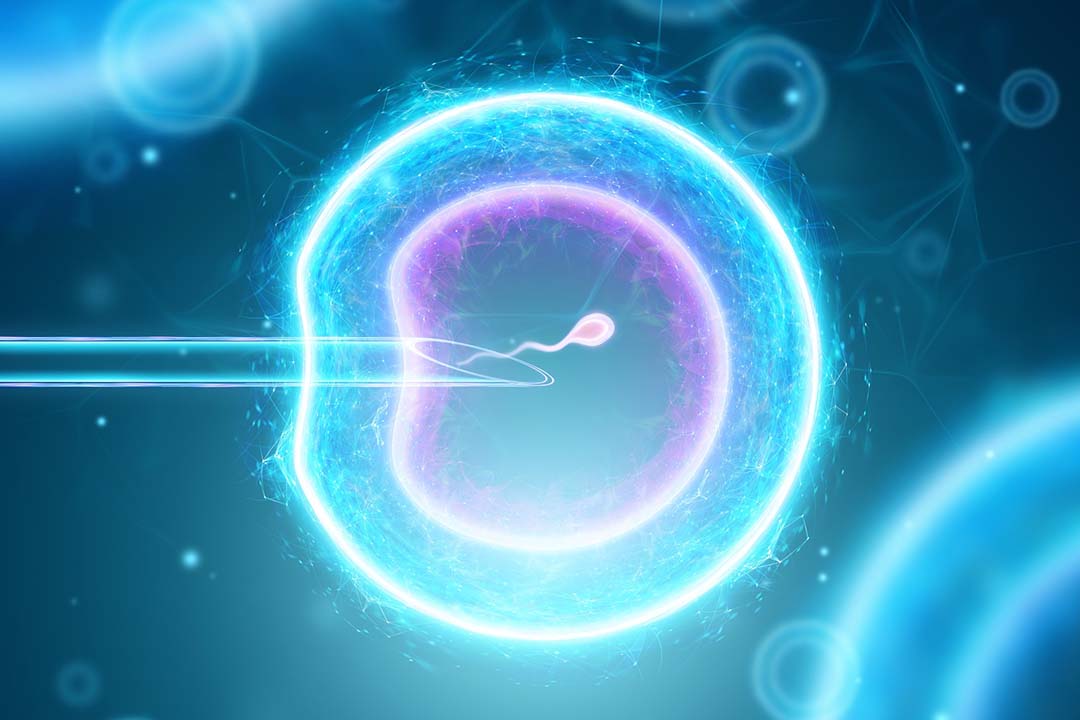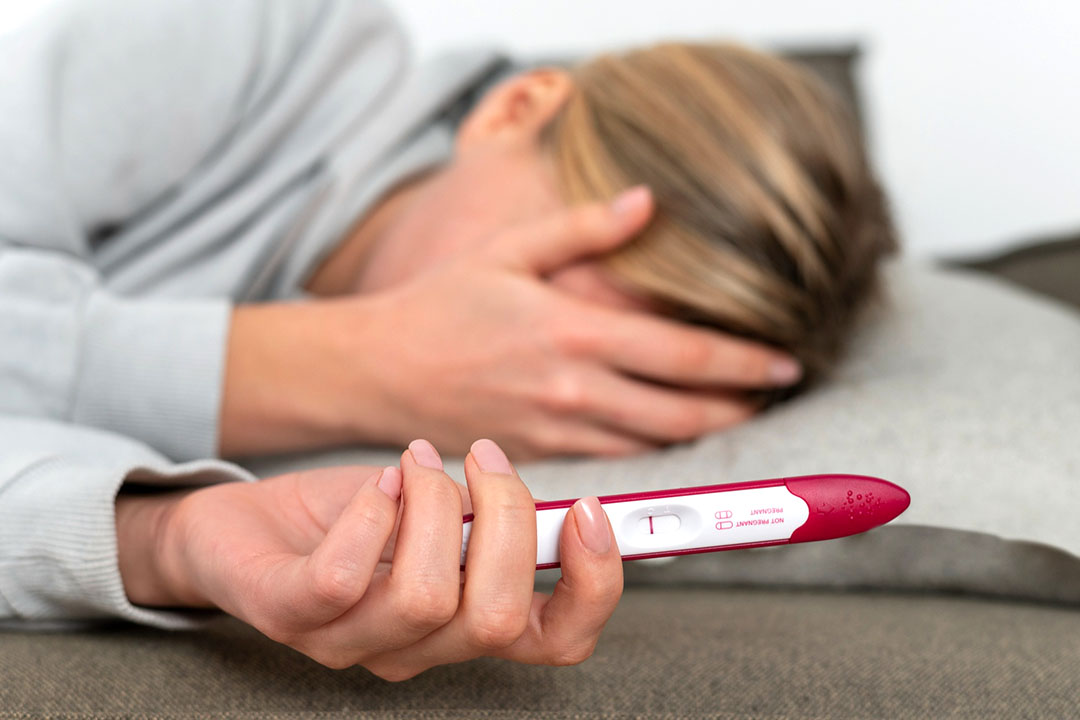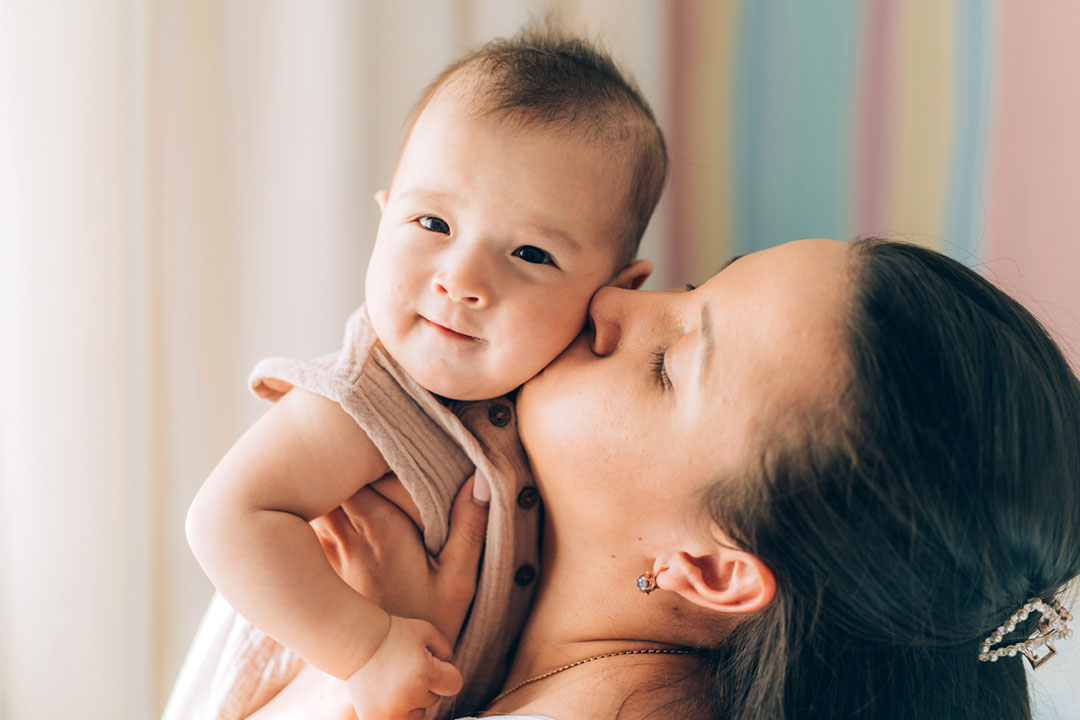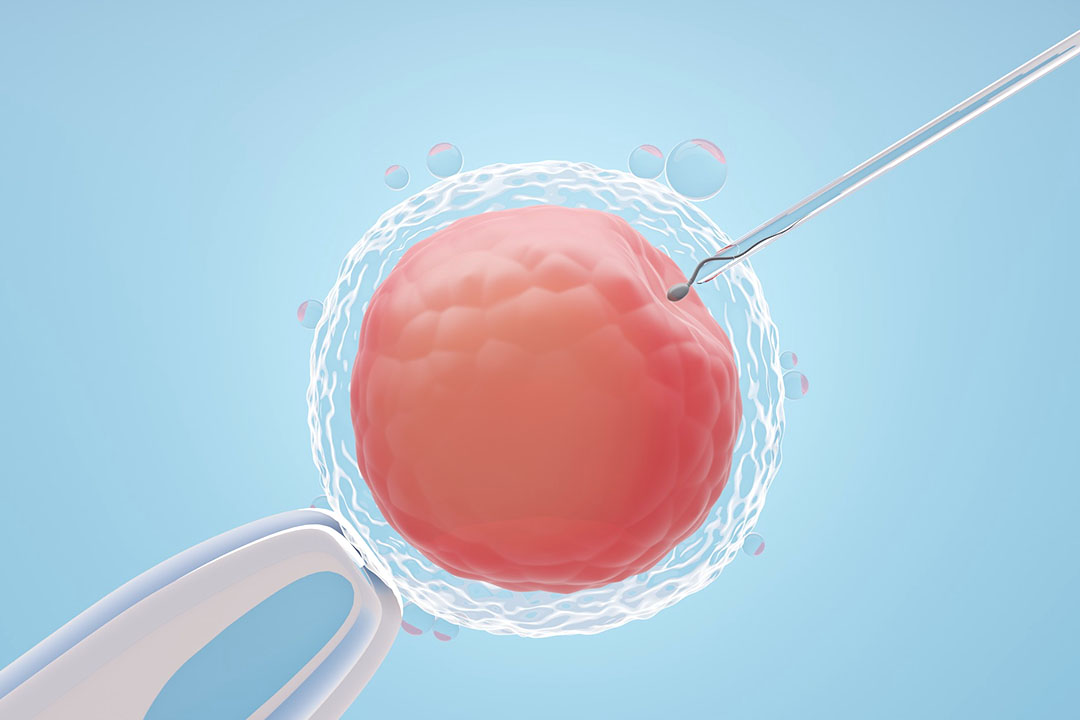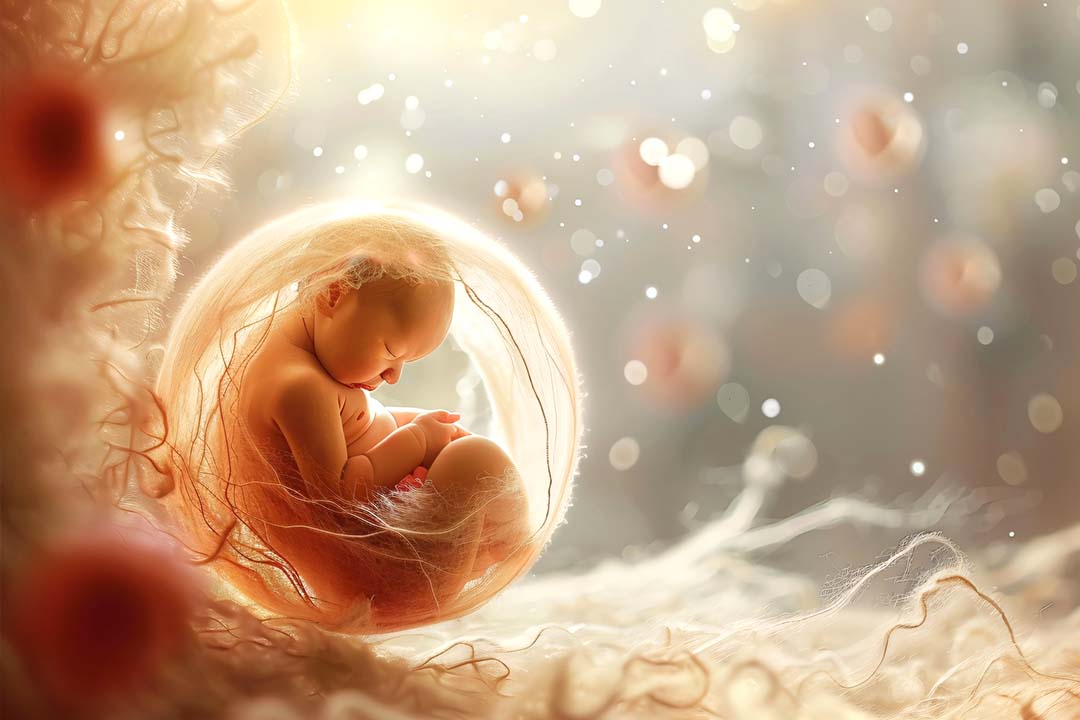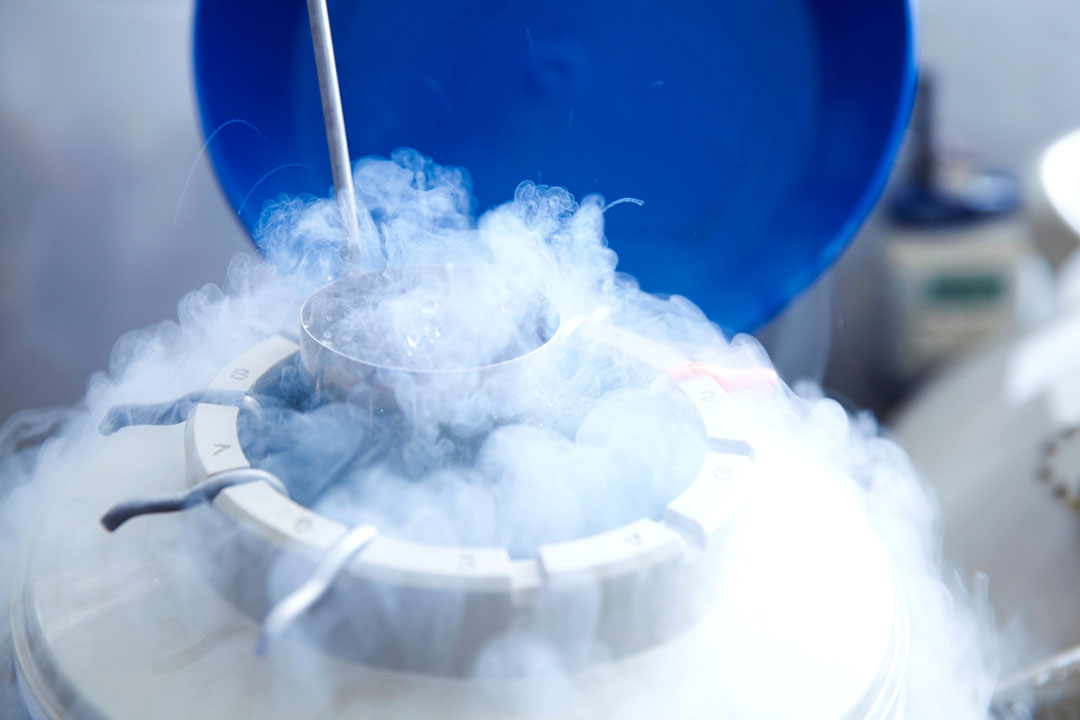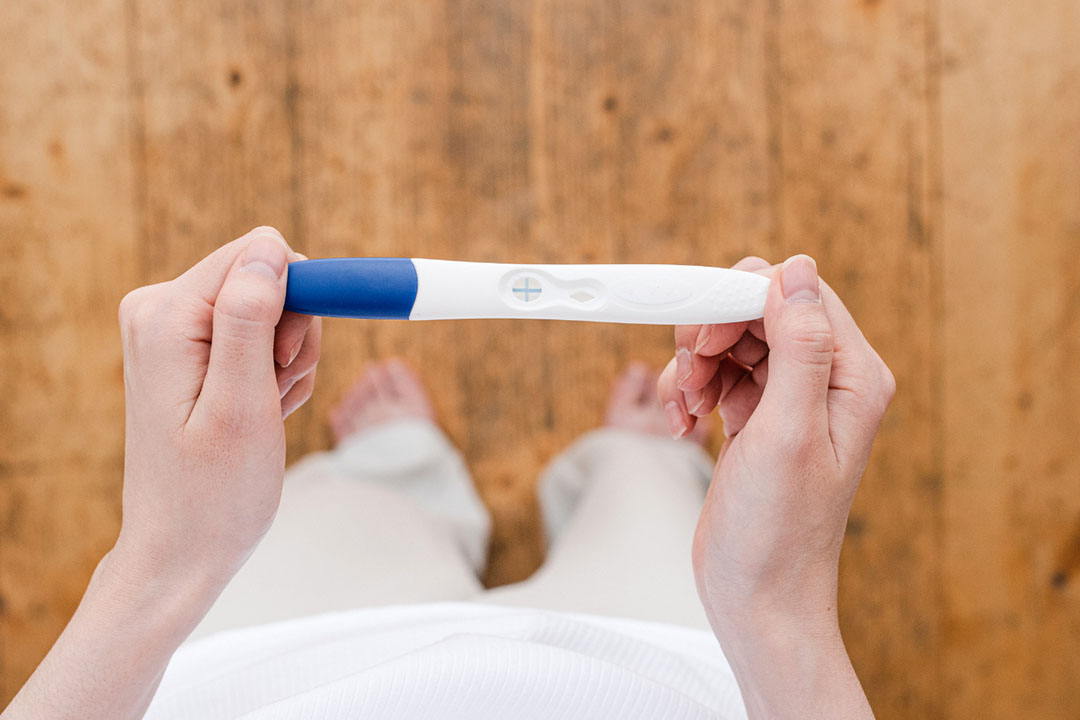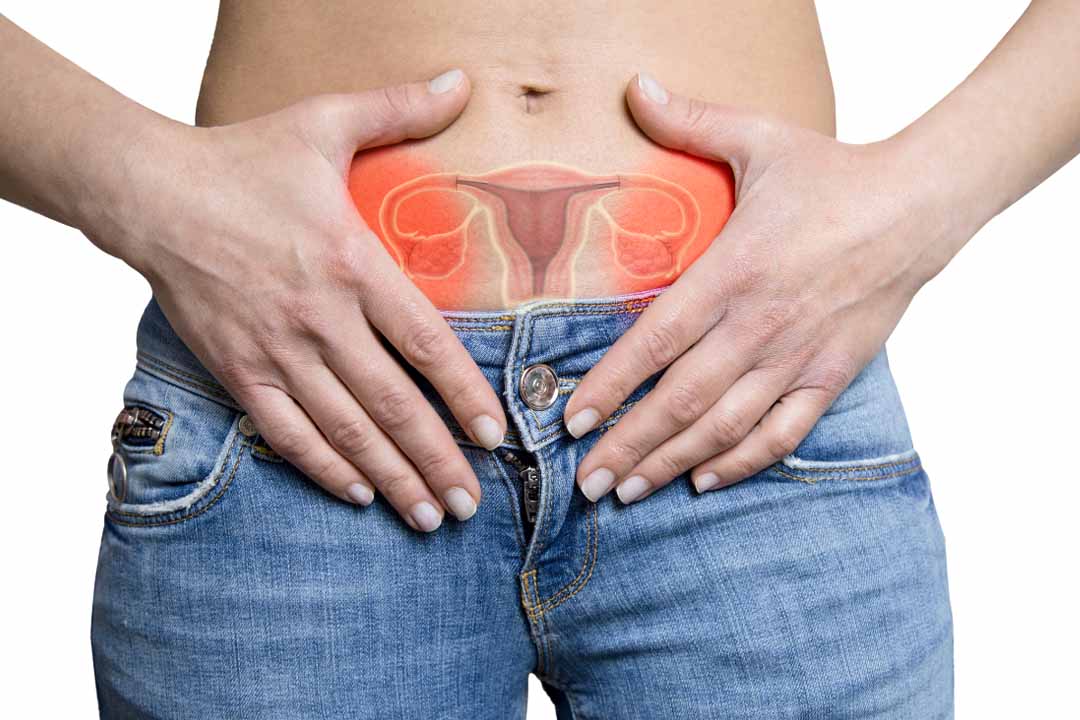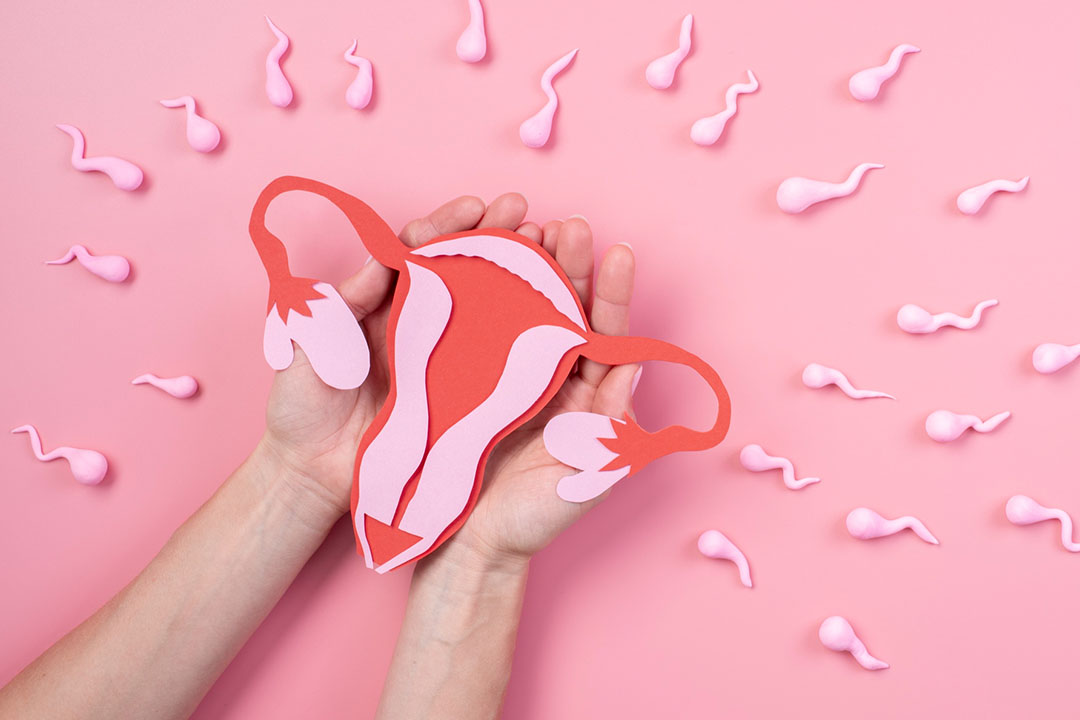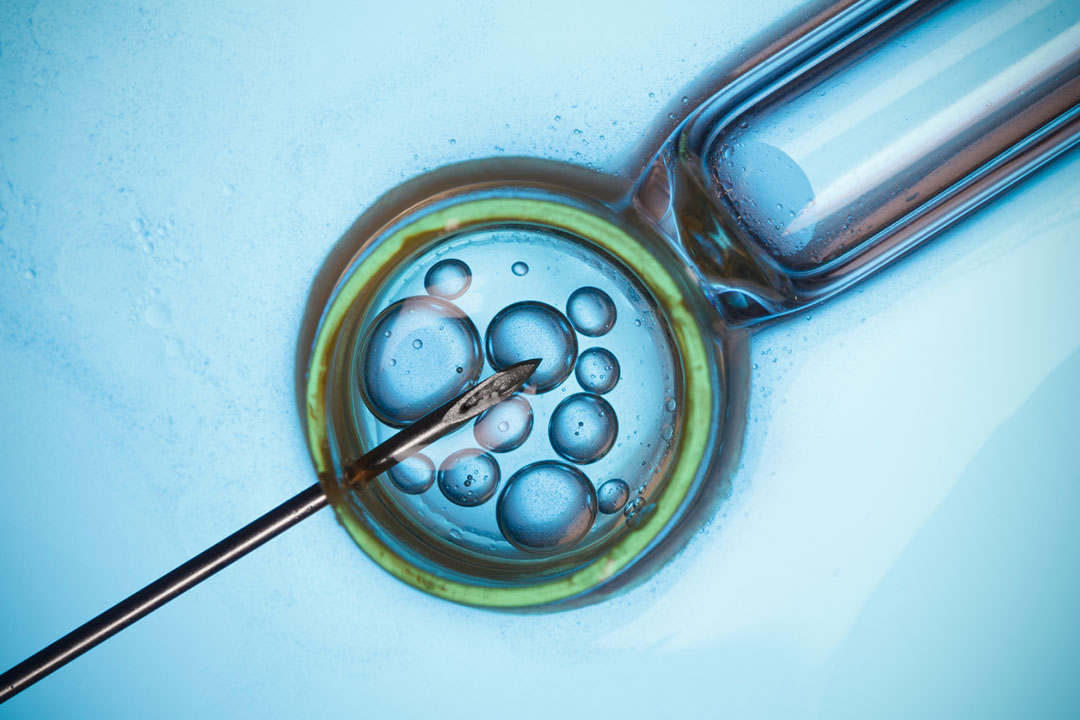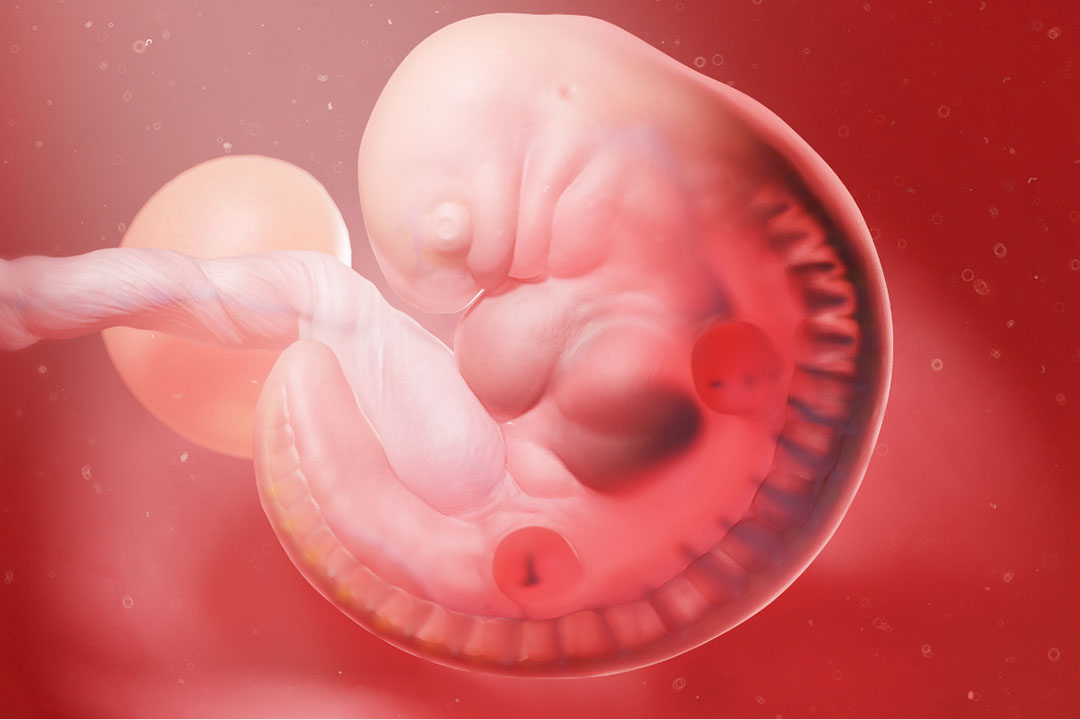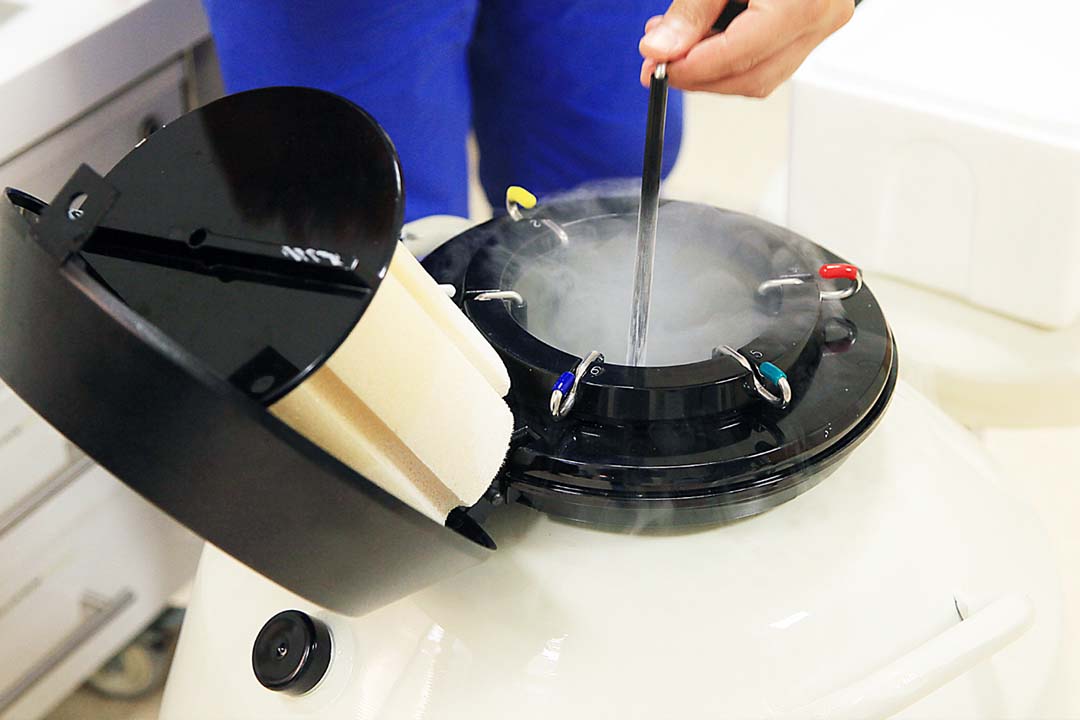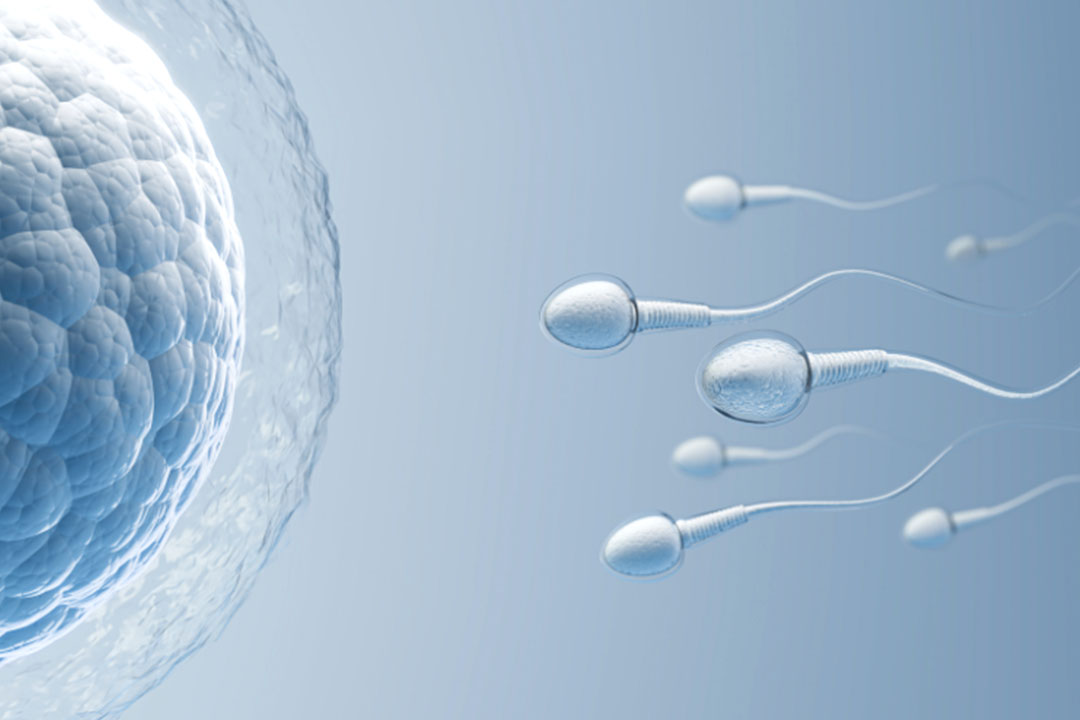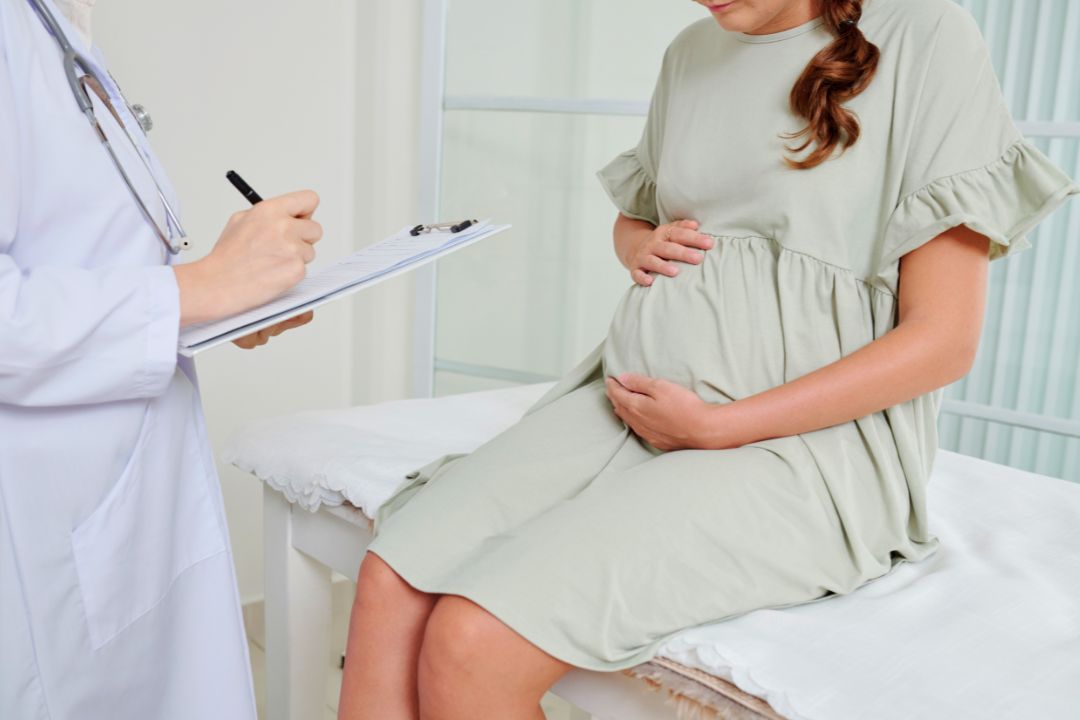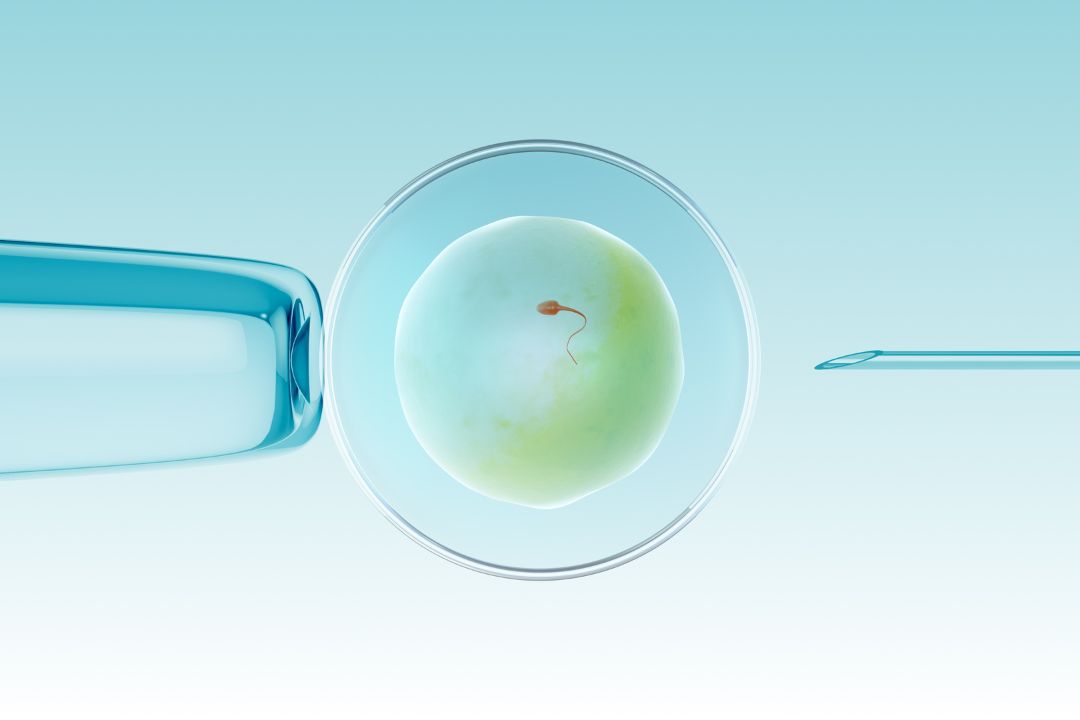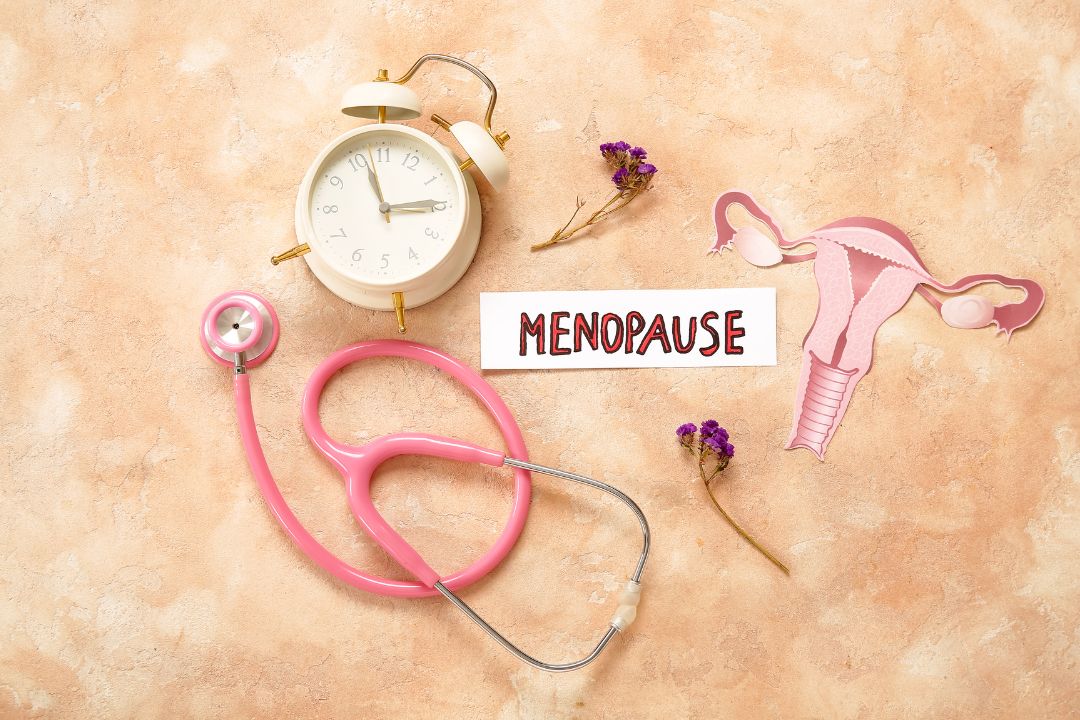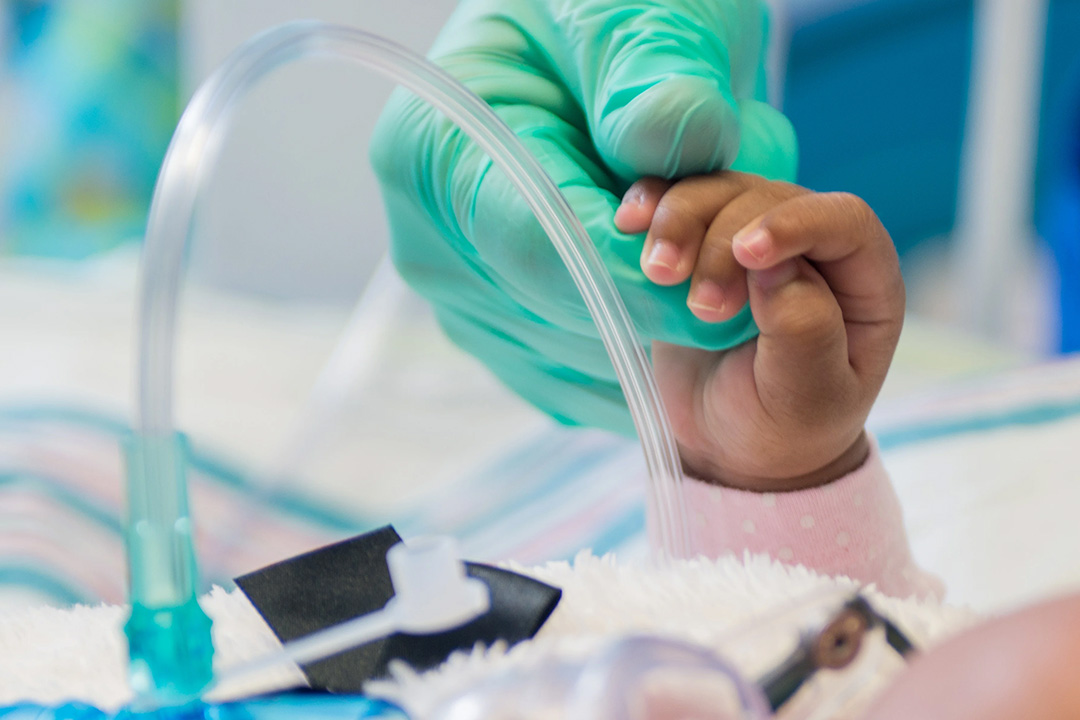Understanding IVF Cycles: Limits, Risks and Alternative Options
IVF is a reproductive technology which helps couples facing challenges in conceiving naturally. The procedure offers hope for those struggling with infertility. This article speaks about IVF, its success rates, risks and alternative options after multiple attempts.
What is an IVF?
IVF which is the short form for In Vitro Fertilization is a procedure which helps couples who cannot conceive naturally.
During this procedure, the doctor would collect healthy eggs from the female and then fuses them with the sperms from the male for the purpose of fertilisation.
Once the fertilisation is complete and the embryo develops it is implanted into the uterine lining of the female. The entire process occurs in a laboratory hence the name in-vitro.
What are the Success Rates of an IVF Procedure on First Try?
Although it is difficult to say a fixed success rate when it comes to IVF on the first try, as per the data, women who are under the age of 35 have a higher success rate of around 55.1% live birth compared to women who are above 40 years with a success rate of around 8.2%.
The major reason for this variation in success rate depends upon different factors with age being the major one. It is always advised to get an IVF treatment at an early age to increase the chances of conceiving.
Consulting a fertility expert and discussing underlying health conditions and reason for infertility before opting for the procedure is recommended to increase the success rate.
How Many Cycles of IVF can a Person Undergo?
There are no fixed number of IVF cycles that a person can undergo. As per the American Society for Reproductive Medicine (ASRM)
- Up to six cycles of IVF can be undergone by a woman under 35 years old before getting an alternative option.
- For women between 35 and 37 years the recommended number of cycles is up to five cycles.
- Any women between the age of 38 to 40 years should attempt for up to four cycles.
- Two-three cycles are recommended for women who are above the age of 40 years, after which they can look for egg donors.
Whereas, as per International Society for Fertility Preservation (ISFP)
- Any women under 35 years old can go up to four cycles.
- One or two cycles is advised for women above 40 years age.
What are the Factors Affecting the Number of IVF Cycles?
There are no fixed number of times a person can undergo an IVF treatment. However, the number of cycles depend on certain factors such as
Age
The success rate of an IVF treatment mainly depends on age. As a woman ages, her eggs quality and quantity start to decrease. Women who are older than 40 years will have a lower chance of having a successful pregnancy. This reduced quality and number of eggs will limit the number of IVF cycles.
Fertility
Low sperm count, endometriosis, polycystic ovary syndrome (PCOS), or tubal blockages are some of the common fertility issues seen in men and women. These issues can reduce the chances of having a successful IVF cycle. Therefore, people who are suffering from these above conditions will have limited number of IVF cycles.
Health
If a woman is facing some health conditions such as cardiac disease, diabetes, in other cases cancer or tumours, it is possible that an IVF might worsen that condition due to involvement of various medications. So, in situations like these people have limited number of IVF cycles.
Finances
IVF as a procedure is an expensive treatment. Not every person can afford to undergo multiple cycles of IVF. Therefore, money will also play a very important role in deciding the number of IVF cycles.
Emotions
IVF can be an emotionally tiring procedure. It comes with a lot of stress and anxiety. Not every person is good at handling this and having to see multiple failures is not everyone’s cup of tea. So, emotional- and mental-wellbeing play a role in deciding how many numbers of cycles a person can undergo as well.
What are the Risks Associated with Multiple Cycles of IVF?
Having multiple cycles of IVF comprise of physical and emotional risks associated to it such as
Physical
- Ovarian Hyperstimulation Syndrome (OHSS): This is a condition where the ovaries swell and become painful as they get overstimulated due to fertility drugs.
- Ectopic Pregnancy: This is a serious risk where the embryo gets implanted outside the uterus usually in the fallopian tube. This is a rare but life-threatening risk.
- Multiple Pregnancies: multiple IVFs always have a chance of increasing the possibilities of twins or triplets. This can lead to complications such as premature birth and low birth weight.
Emotional
- Stress and Anxiety: The entire process of waiting for an IVF to be successful with an uncertainty will be emotionally and mentally tiring.
- Depression: Having repeated failures and the physical tiredness will lead to hopelessness.
- Social Stigma: Few couples may face judgment from the society for undergoing multiple fertility treatments.
What are the Benefits of Having Multiple Cycles of IVF?
The major benefit of having multiple rounds of IVF is that it will increase the chances of pregnancy. Although multiple rounds will increase the chances of conceiving, the overall success of the process depends on various factors such as age, health conditions etc. It is always up to the couple to decide if the benefit is worth taking the risk.
What are the Alternative Options After Multiple Rounds of IVF?
When a patient has multiple failed attempts of IVF, they can opt for the below options as an alternative:
Getting Second Opinion
It is always recommended to seek second opinions from a fertility expert. Second opinions can give fresh insights into the causes of IVF failure which include egg quality, sperm health or uterine conditions.
The doctor may also review the medical records and come up with new strategies for the process to be successful. It should be kept in mind that second opinions do not mean the first consultation was a wrong one.
Advanced Reproductive Technologies (ART)
There are various other methods such as
ICSI (Intra Cytoplasmic Sperm Injection) which can help in conceiving as well. These methods can be sought by the patients.
Egg Freezing and Preservation
If a patient has multiple failed IVFs, she can
freeze her eggsfor the future pregnancy options to avoid age related fertility decline. The doctor retrieves the egg and freezes them
Genetic Testing
Undergoing genetic testing will help to find out chromosomal abnormalities if present in the embryos. This might help to identify the cause of IVF failure.
Male Infertility
Male infertility such low sperm count or poor motility can also be a reason for failed IVFs as well. To rule out this, semen analysis, hormonal evaluations, and physical exams are done.
Donor Egg or Sperm
If the gamete from the patients is not viable or in poor conditions, then egg or sperms can be taken from donors.
Lifestyle Changes
Having food rich in nutrients, avoiding alcohol and cigarettes, regular exercises will help maintain a good health which might help in conceiving.
Surrogacy
If the issue is with implantations, then people can opt for surrogacy. But it is advised to look into it properly before opting.
Adoption
When none of the above options work and people cannot conceive, people can choose to adopt.
References

About Us
AKsigen IVF is a premier center for advanced fertility treatments, with renowned fertility experts on our team. Specializing in IVF, ICSI, egg freezing, and other cutting-edge reproductive technologies, AKsigen IVF is committed to helping couples achieve their dream of parenthood. With personalized care and a patient-first approach, AKsigen IVF provides comprehensive fertility solutions under one roof.





































